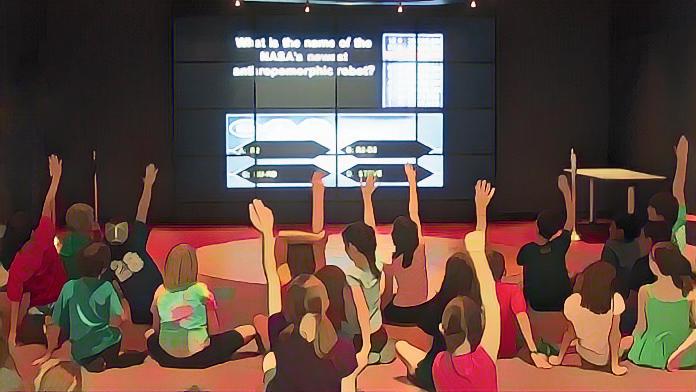






I found a quote recently from William Arthur Ward, a long-time Fort Worth resident. He was a prolific writer during his career in higher education and his multitude of years in volunteer service to others. Ward said this about saying thank you: “Feeling gratitude and not expressing it is like wrapping a present and not giving it.”
As I’ve prepared for my retirement on August 31, I’ve thought about that quote more and more. I’ve cleaned out my office and found various items that reminded me of the things that made my career special. Notes, cards, computer files, emails, etc. that I’ve gathered and saved over 36 years as an educator. Every one of those items has meaning or memory for me, but most importantly, they remind me of the people — students, colleagues, and others — who have made my professional life so meaningful.
I’ve said this to many of you in the past few weeks and months: it is the people who are important. It is not the student data, the budgets, the workshops, the writings, the awards, or the recognitions. It was, is, and always will be the people that I’m grateful for. So, as Mr. Ward suggests, I share my gratitude for all of you and all of the others who enriched my professional life.
Thank you!
Gordon
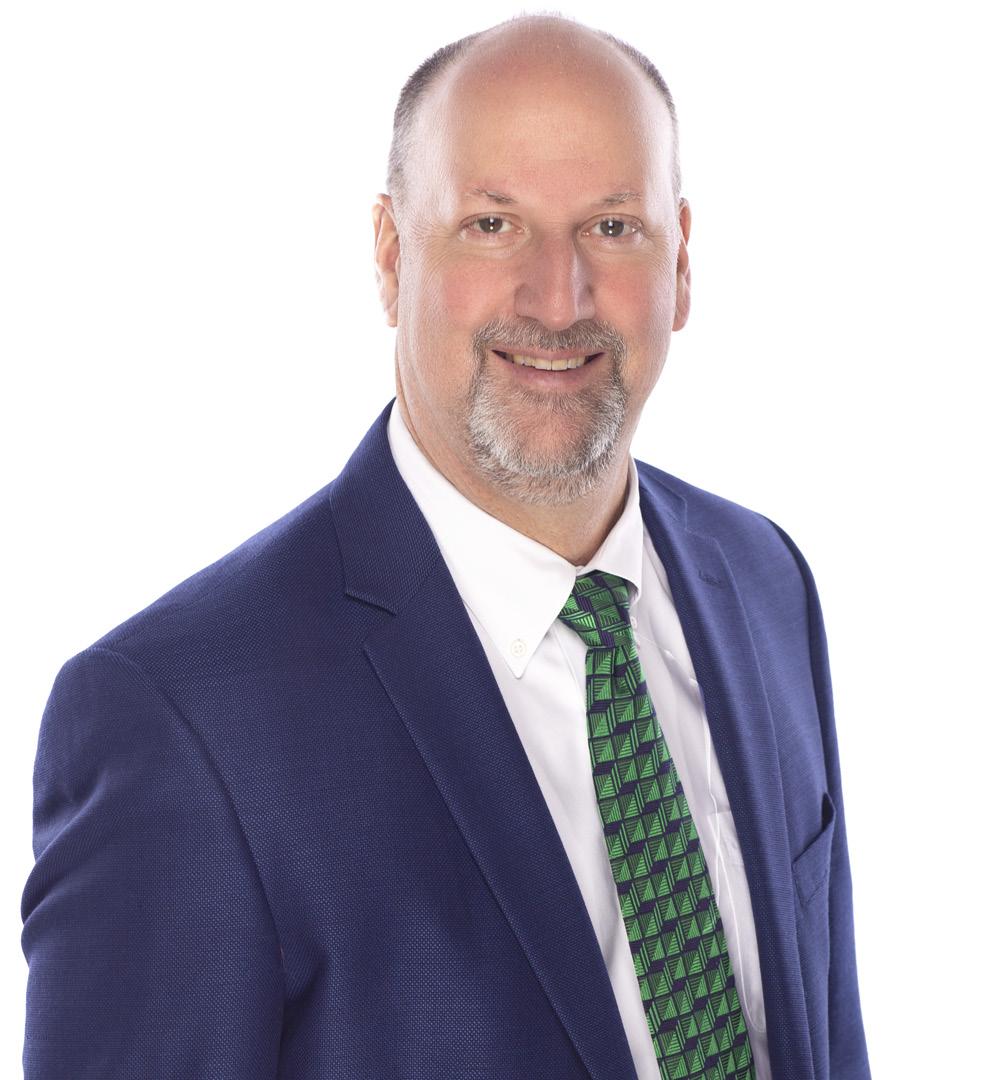
Reach! magazine is published twice annually by Region 10 Education Service Center. Our mission is to be a trusted, student-focused partner that serves the learning community through responsive, innovative educational solutions. For more information about advertising, or to suggest a story idea, please contact Rachel Frost, Chief Communications Officer, at rachel.frost@region10.org. To learn more about Region 10, visit www.region10.org.


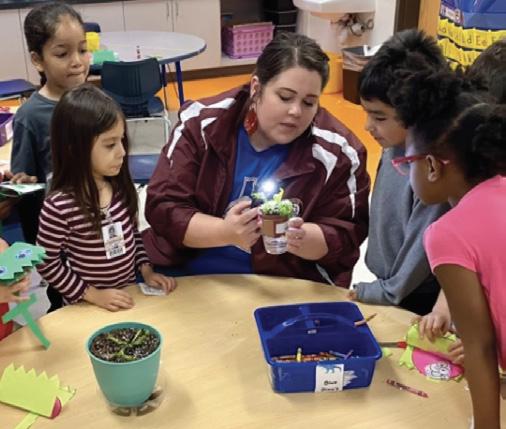
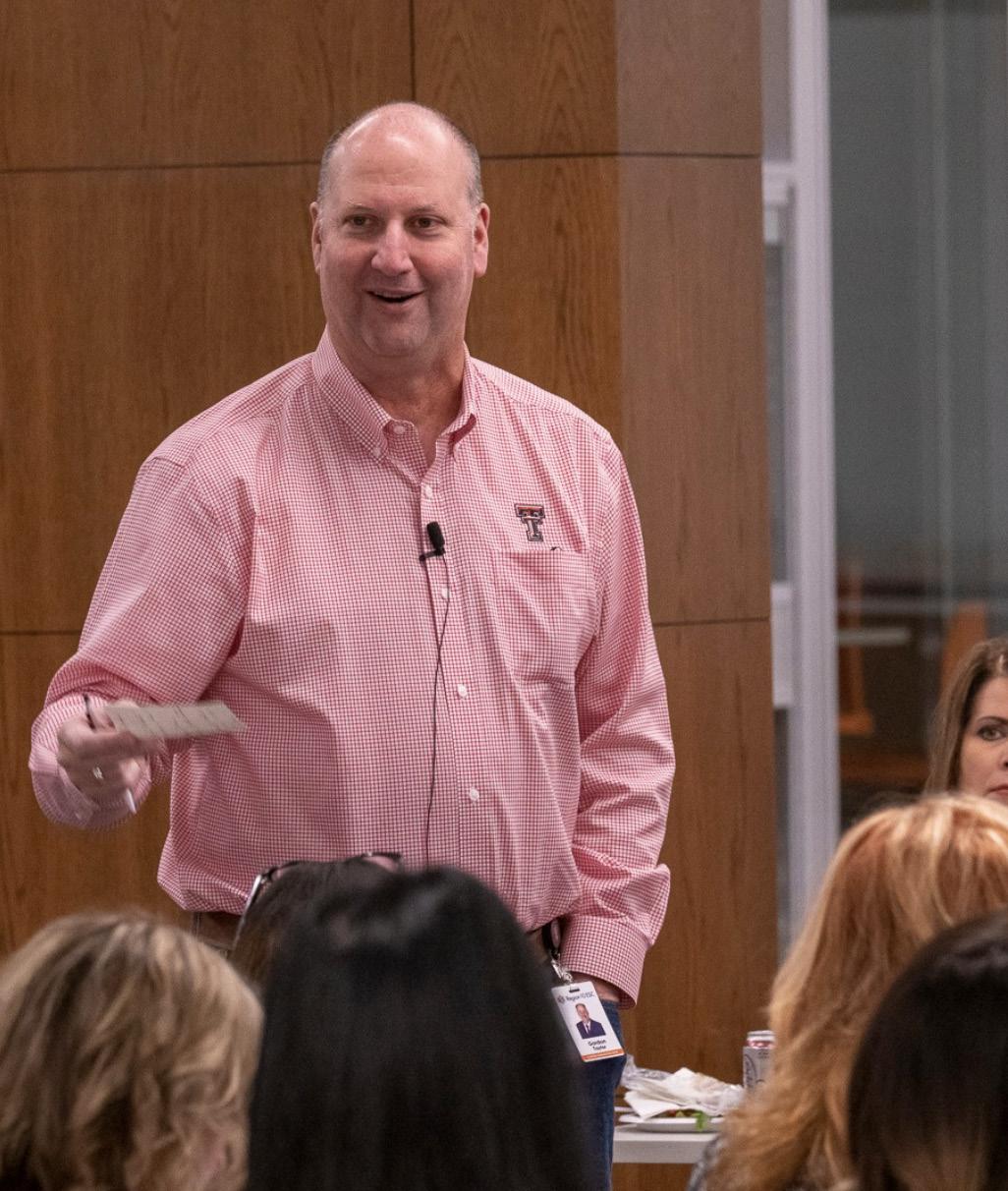
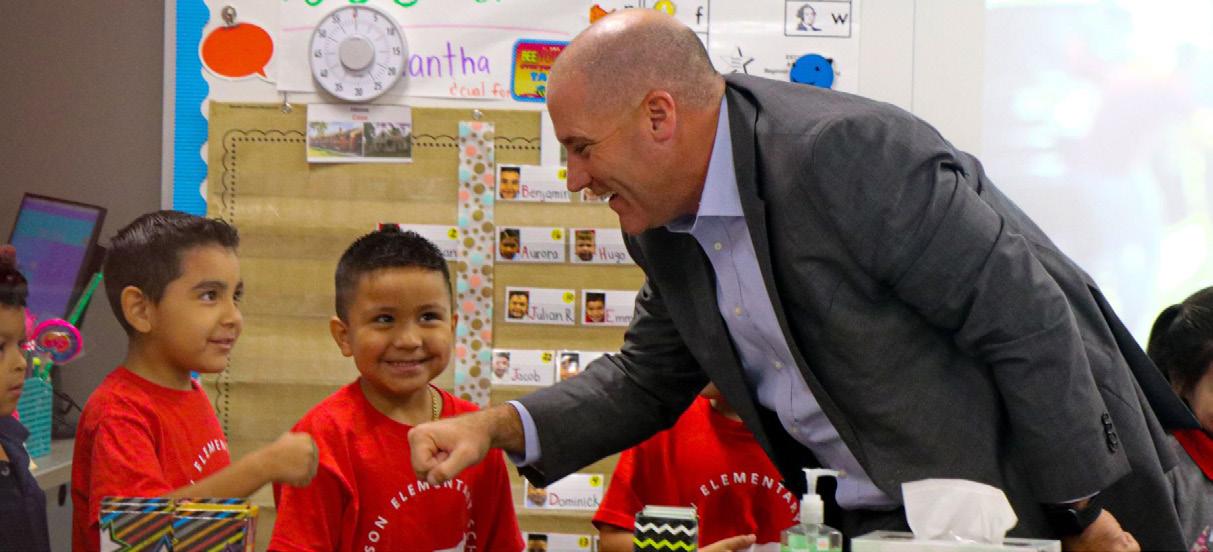
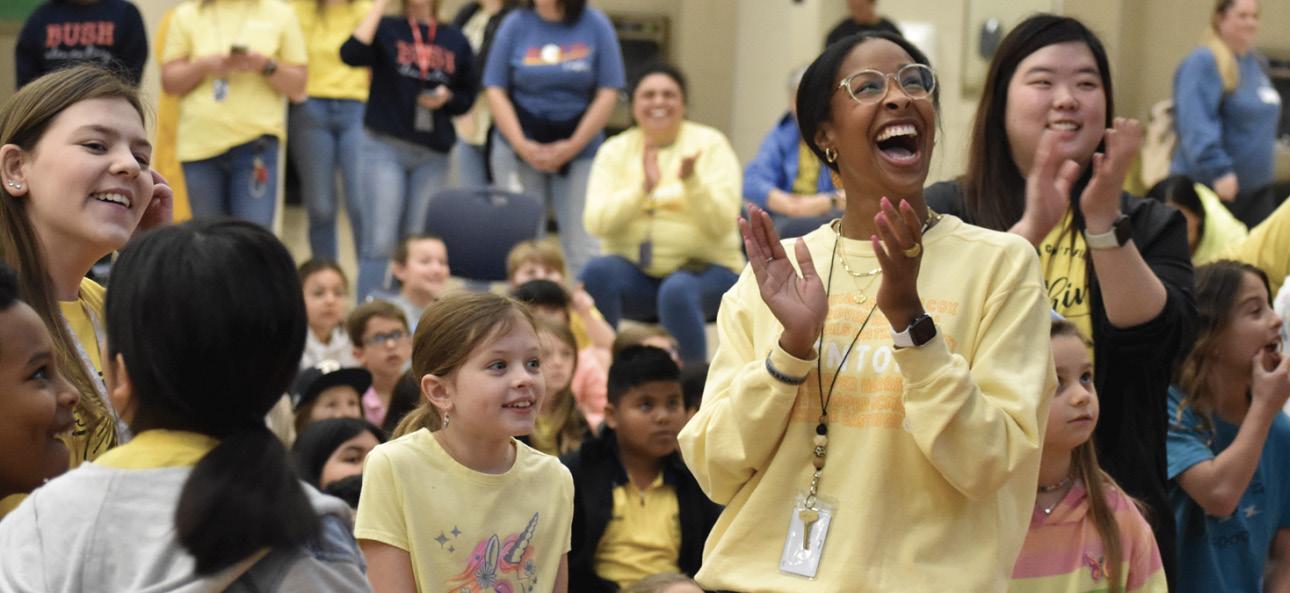
By Rachel Frost, Region 10 ESC

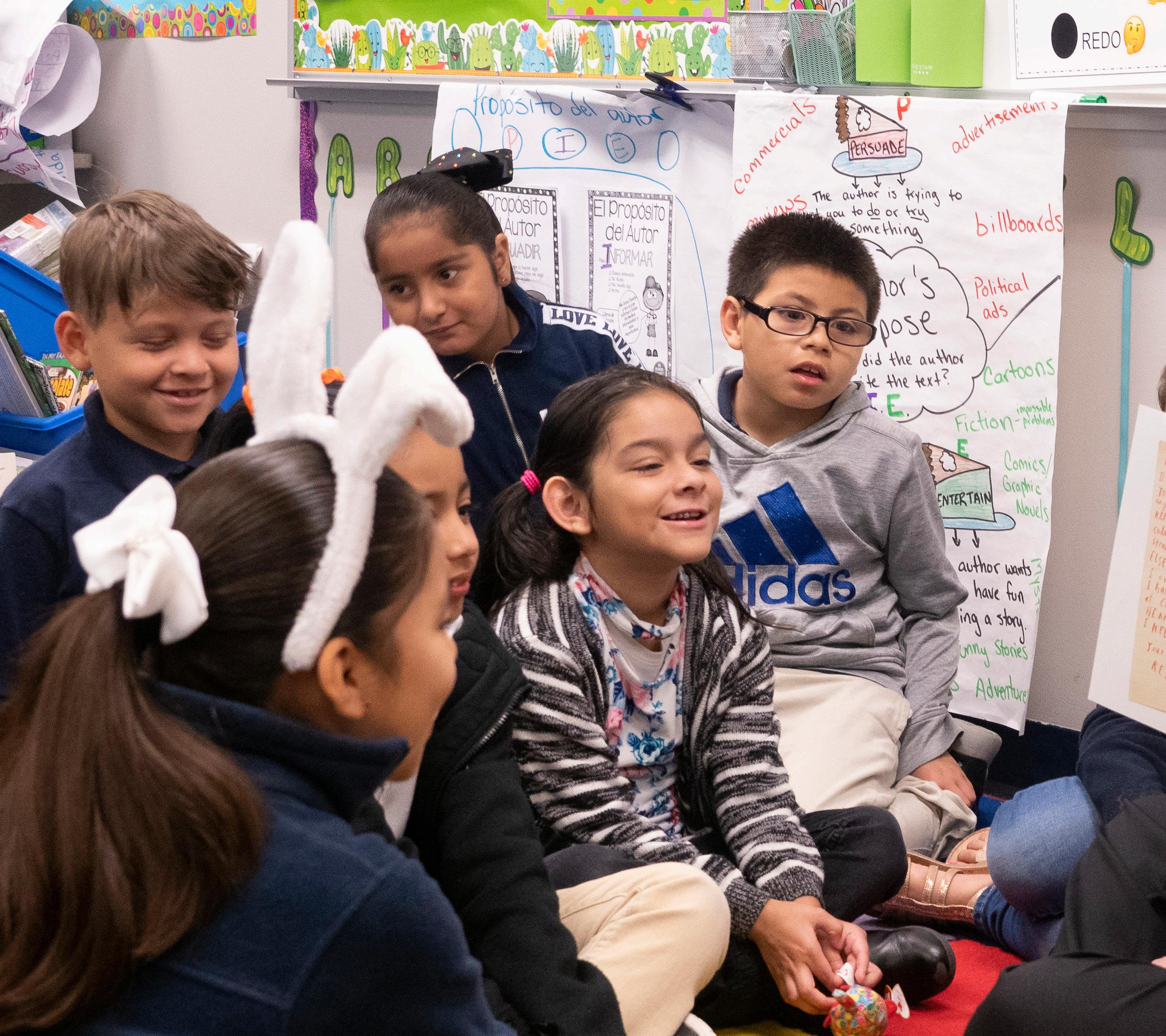
DR. GORDON TAYLOR’S journey in education began long before he stepped into his first classroom. Growing up, he was fortunate to have his parents as his earliest and most influential teachers. Their guidance and emphasis on the value of learning laid the foundation for a career that would span more than three decades and impact countless lives. His retirement marks a 10-year leadership period that transformed Region 10, greatly enhancing its capacity to serve educators and students alike. Dr. Taylor’s career in education started in the classrooms of West Texas. “I taught and
coached for two years at Crosbyton ISD,” he recalls. From teacher and coach, principal to superintendent, Dr. Taylor’s experiences gave him a greater understanding of the challenges faced by educators at every level.
It was this wealth of experience that caught the attention of Region 10’s Board of Directors in 2005. At a time when the organization was in the midst of a leadership transition, they were looking for someone with fresh perspectives and years of potential ahead. “The Board
felt the need to bring in somebody who had some years left before they were going to retire,” Dr. Taylor explains. His appointment as Assistant Director for Administrative Services in December 2005 marked the beginning of a new chapter for both Dr. Taylor and Region 10.
Dr. Taylor’s ascent within the organization was swift. By July 2006, he had moved into a Deputy Executive Director position. In 2014, he was hired to replace his predecessor, Buddy Echols. This rapid progression
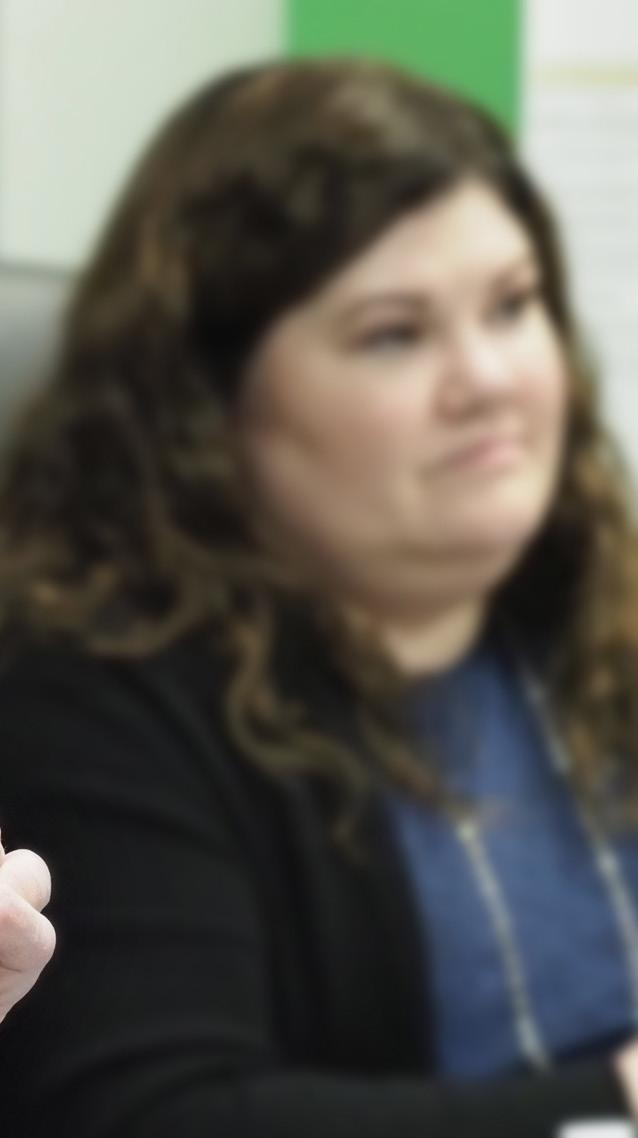

set the stage for what would become a transformative decade of leadership when Dr. Taylor assumed the role of Executive Director in September 2014.
“Region 10 was already a well-established, highly successful support organization for schools,” Dr. Taylor recalls. “But there were some holes in what we were doing, things we could have been doing that we weren’t, or things we could have been doing better.”
With characteristic humility, Dr. Taylor is quick to credit his team for the transformation that followed. “It wasn’t me making changes,” he insists. “It was good, solid, knowledgeable educators and business-savvy leaders here at the service center. We took a long look at ourselves, spent a good year and a half or
two years looking at what we needed to build on and where we needed to start new.”
This period of reflection and innovation resulted in a shift towards decentralized expertise and decisionmaking, encouraging team members
modest proposal for a “makerspace” turned into a full-scale reimagining of how physical spaces could enhance adult learning.
“We wrote a professional learning model based on the research of what good adult learning is,” Dr. Taylor
“We took a long look at ourselves, spent a good year and a half or two years looking at what we needed to build on and where we needed to start new.”
~ Dr. Gordon Taylor
across all levels to contribute their insights and abilities. As a result, Region 10 became more adaptable and responsive, better positioned to address the ever-changing needs of school districts.
Perhaps the most noticeable evidence of this new approach was the extensive renovation of Region 10’s facilities. What began as a
explains. “Then we said, ‘Okay, what do we need to make that happen?’”
The answer encompassed not just furniture and technology, but a holistic approach to designing learning environments conducive to collaboration and innovation.
The benefits of this progressive mindset became clear when the
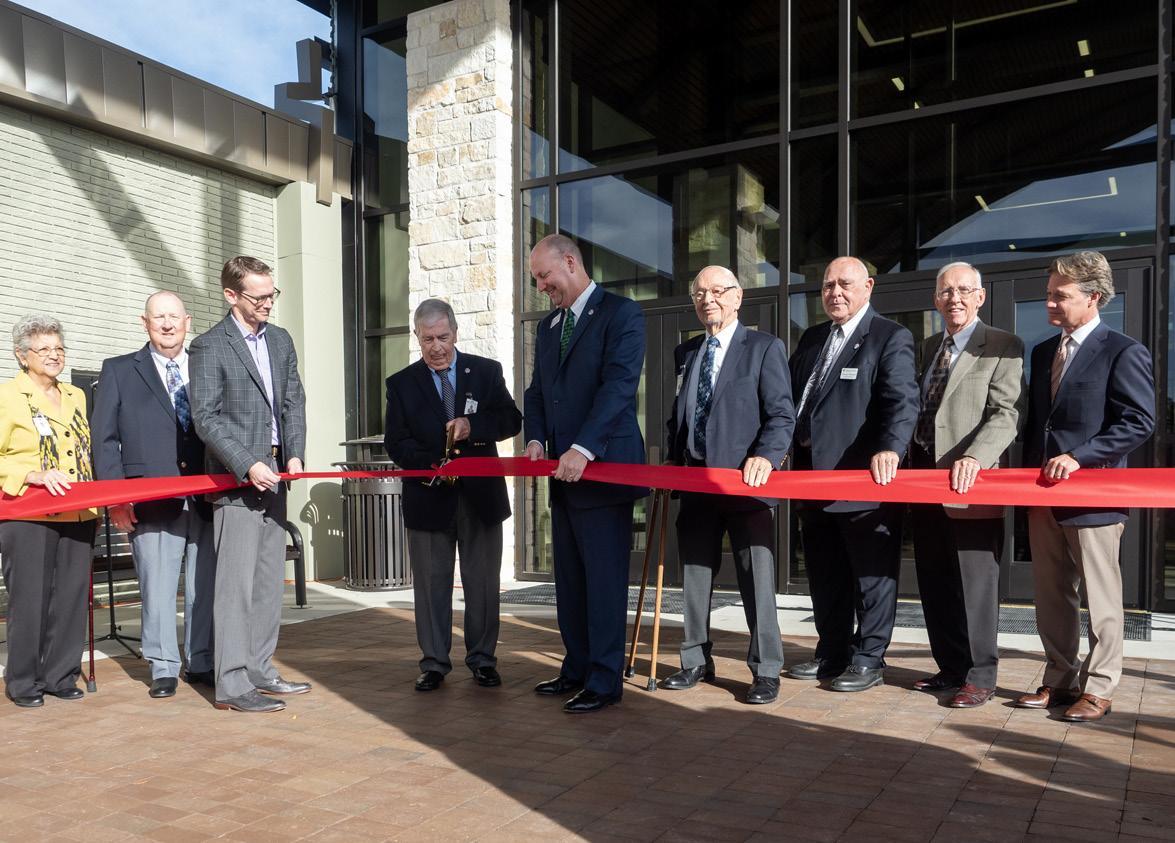

COVID-19 pandemic hit in March 2020. Thanks to the flexibility and creativity fostered under Dr. Taylor’s leadership, Region 10 was able to pivot quickly to meet the sudden demand for virtual training and support.
“I’ll never forget, we were teaching teachers how to use Zoom on Wednesday morning after spring break,” Dr. Taylor remembers. “Not how to teach on Zoom, but how to use Zoom. We laugh now because it’s natural for us, but literally Monday morning we had teams spread out downstairs wearing masks, shouting across the rooms at each other, ‘How are we going to do that? What do you think?’”
Reflecting on his tenure as Executive Director, Dr. Taylor’s greatest source of pride isn’t in buildings or programs, but in the exceptional quality of support and service that Region 10 provides—a direct result of its dedicated staff. “The reputation that Region 10 has built, combining the innovation of how we serve, and the level of the service we provide, stems from the talents and expertise of the people we’ve hired,” he explains. “It’s the quality of people working at Region 10, day in and day out, that truly makes us special. That is my greatest pride.”
For Dr. Taylor, the most rewarding aspect of his work has been the relationships he’s built over the years. “The relationships with people in the schools, the relationships with the people here at Region 10,” he says, emphasizing the human connections that have made his career so fulfilling.
As he prepares to hand over the reins, Dr. Taylor is optimistic about the future of Region 10. “Every executive director has been able to build on the work that was done by the previous one,” he observes. “I think Dr. Melsheimer is going to be able to take it from a very high level to an even higher level, because we’ve set the foundation so high. Why not just keep going?”
This sentiment encapsulates Dr. Taylor’s leadership philosophy – always striving for improvement, always pushing the boundaries of what’s possible. He leaves behind an organization positioned for continued success, with a strong foundation and a culture of innovation.
But retirement doesn’t mean the end of Taylor’s contributions to education. He describes his next step as a “phased retirement,” planning to continue working and volunteering in areas that align with his passions. “I want to follow some passions, both with paid work and with volunteer work,” he explains, hinting at exciting new ventures in the near future.
As he reflects on his career and looks to the future, Taylor’s message to educators remains unwavering: “Focus on the students. Every moment and everything we do that doesn’t focus on students is wasted...If you’re in education, focus on the job, and the job is educating students.”
This student-centric approach is perhaps best exemplified by Dr. Taylor’s favorite annual event – the Region 10 Teacher of the Year celebration. “We’re celebrating people who are committed to doing good work with the students,” he says with enthusiasm. It’s fitting that Dr. Taylor timed his retirement to participate in this event one last time, a final celebration of the educators who embody the mission he’s championed throughout his career.
As Dr. Taylor closes this chapter of his professional life, he leaves behind a legacy of innovation, quality, and unwavering commitment to student success. His tenure at Region 10 has not only elevated the organization but has also set a new standard for the level of service and support that is provided to educators. While his daily presence will be missed, the impact of his leadership will continue to shape the future of education in the region for years to come.
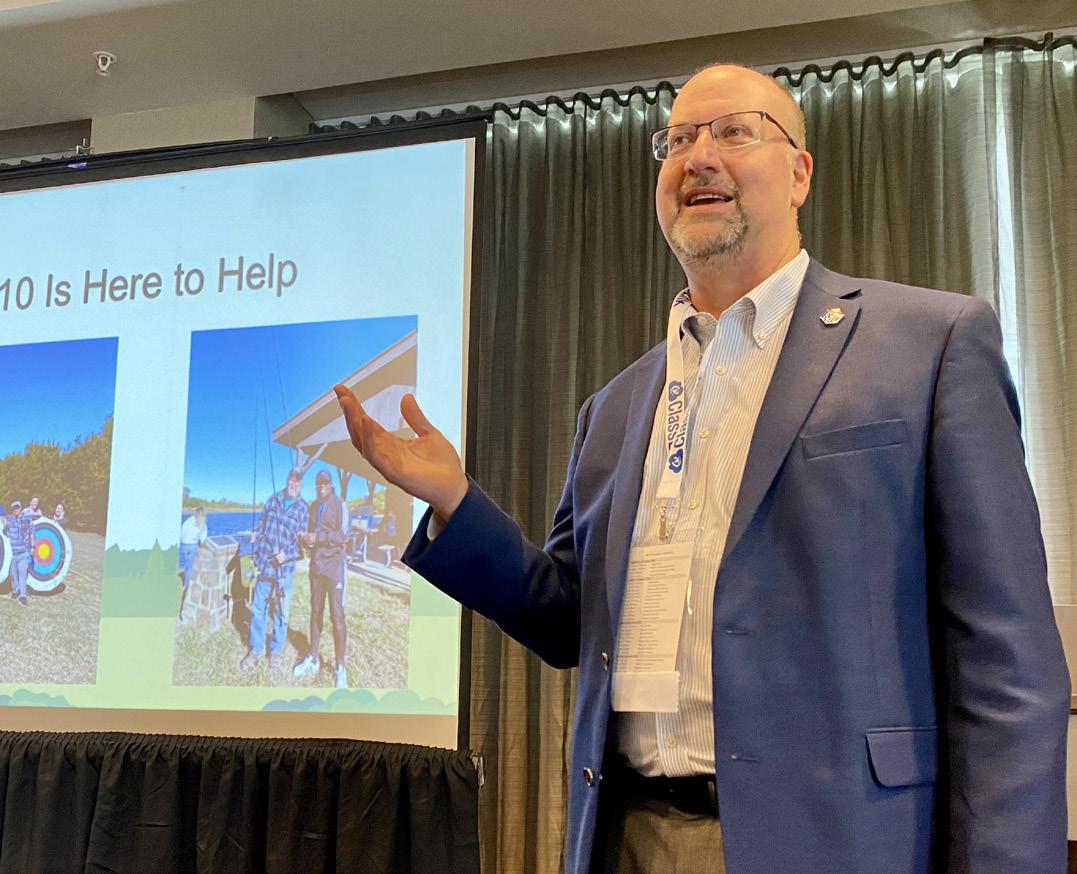

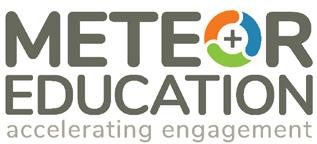
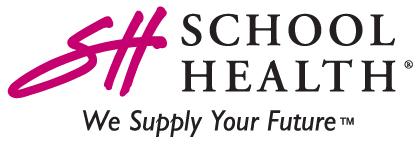
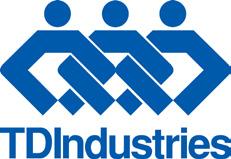
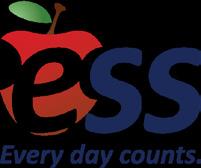



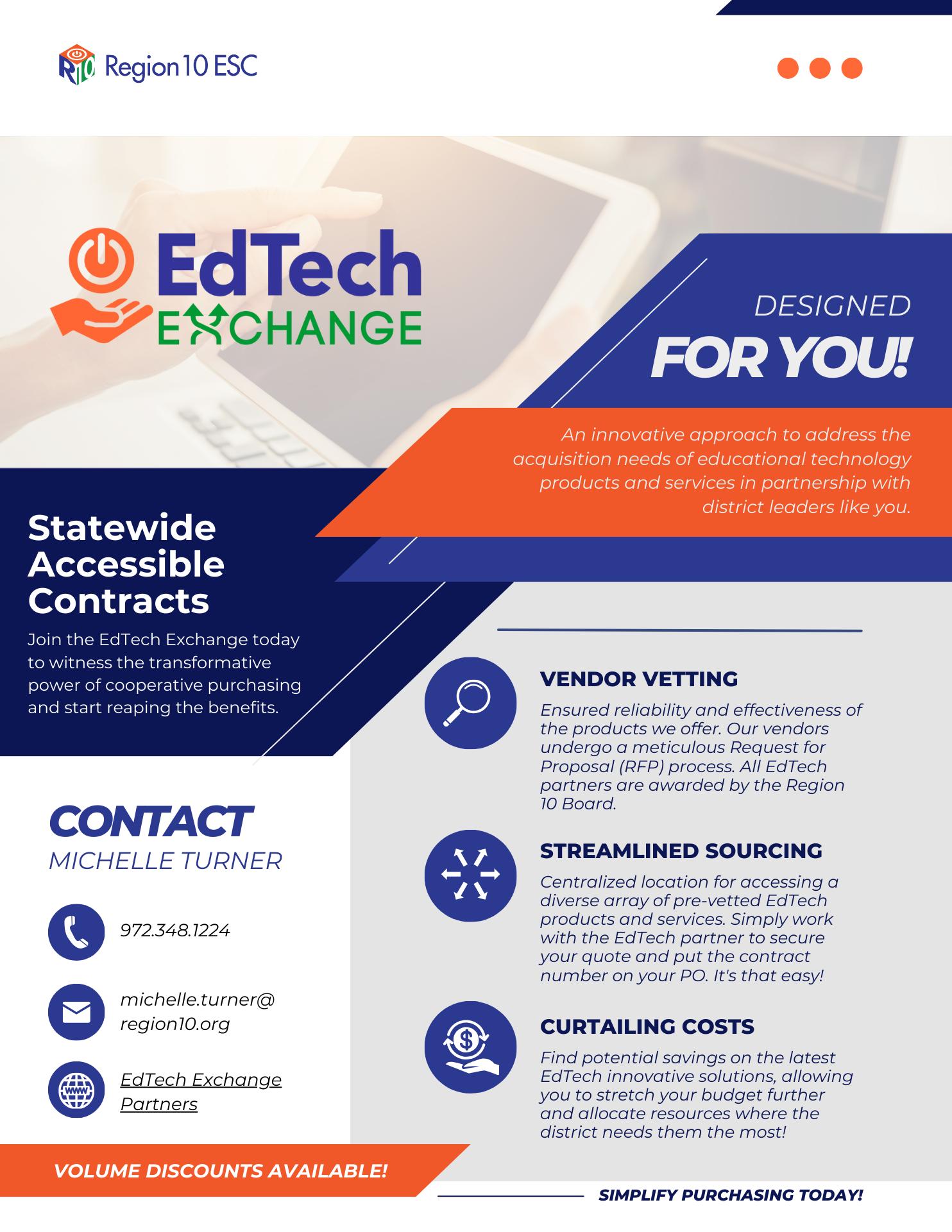
As I step into the role of Executive Director of Region 10 Education Service Center, I’m filled with excitement and purpose. As a member of the Region 10 team since 2013, I’ve seen firsthand the transformative power of education and the important role our center plays in supporting educators across the region. Now, I’m eager to build upon our strong foundation.
My vision for Region 10 is rooted in collaboration, innovation, and a steadfast commitment to student success. We will continue to work closely with educators and school district leaders, fostering partnerships that allow us to respond effectively to the evolving needs of our students and the entire educational community.
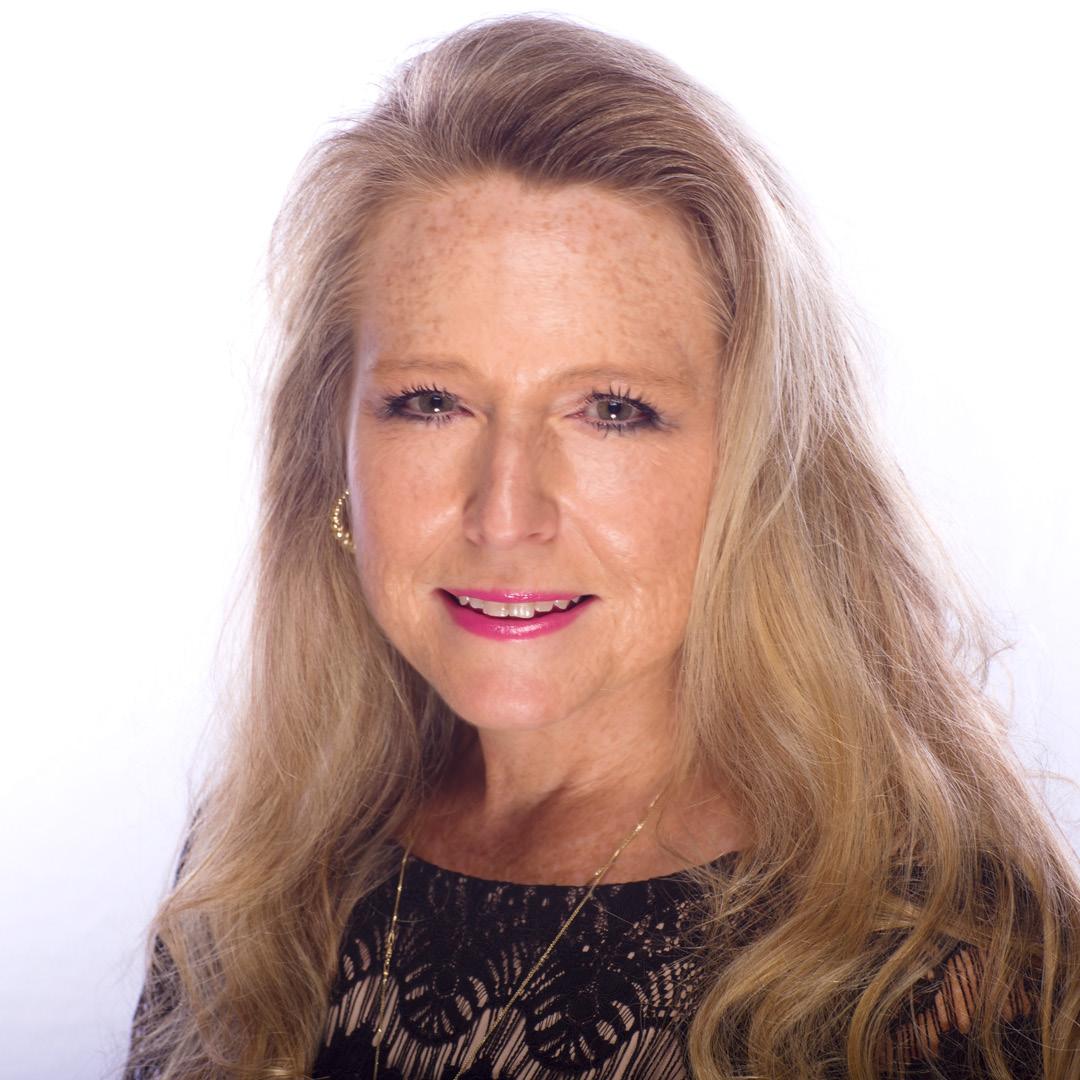
Ultimately, my vision for Region 10 is one of continuous improvement and unwavering dedication to our mission. We will strive to be at the forefront of educational innovation, always seeking new ways to support our educators and the students they serve.
I’m incredibly grateful for the trust placed in me by the Region 10 Board of Directors and for the talented team I have the honor of leading. I’m also deeply appreciative of the foundation laid by my predecessor, Dr. Gordon Taylor.
“To all the educators and district leaders in our region: I look forward to working alongside you, learning from you, and providing service and solutions that support the vital work you do every day for students.”
One of my key priorities will be expanding and enhancing our professional development offerings. We’ll focus on providing educators with cuttingedge tools and strategies to create engaging, inclusive learning environments. Working alongside district leaders and educators, we’ll design solutions that meet each district’s goals, aligning our supports to your mission. Additionally, we will leverage technology to increase access to our resources and expertise, ensuring that educators can easily connect with the support they need, when they need it.
To all the educators and district leaders in our region: I look forward to working alongside you, learning from you, and providing service and solutions that support the vital work you do every day for students. Together, we can make Region 10 an even more powerful force for positive change in education. The future is bright, and I’m thrilled to be a part of it.





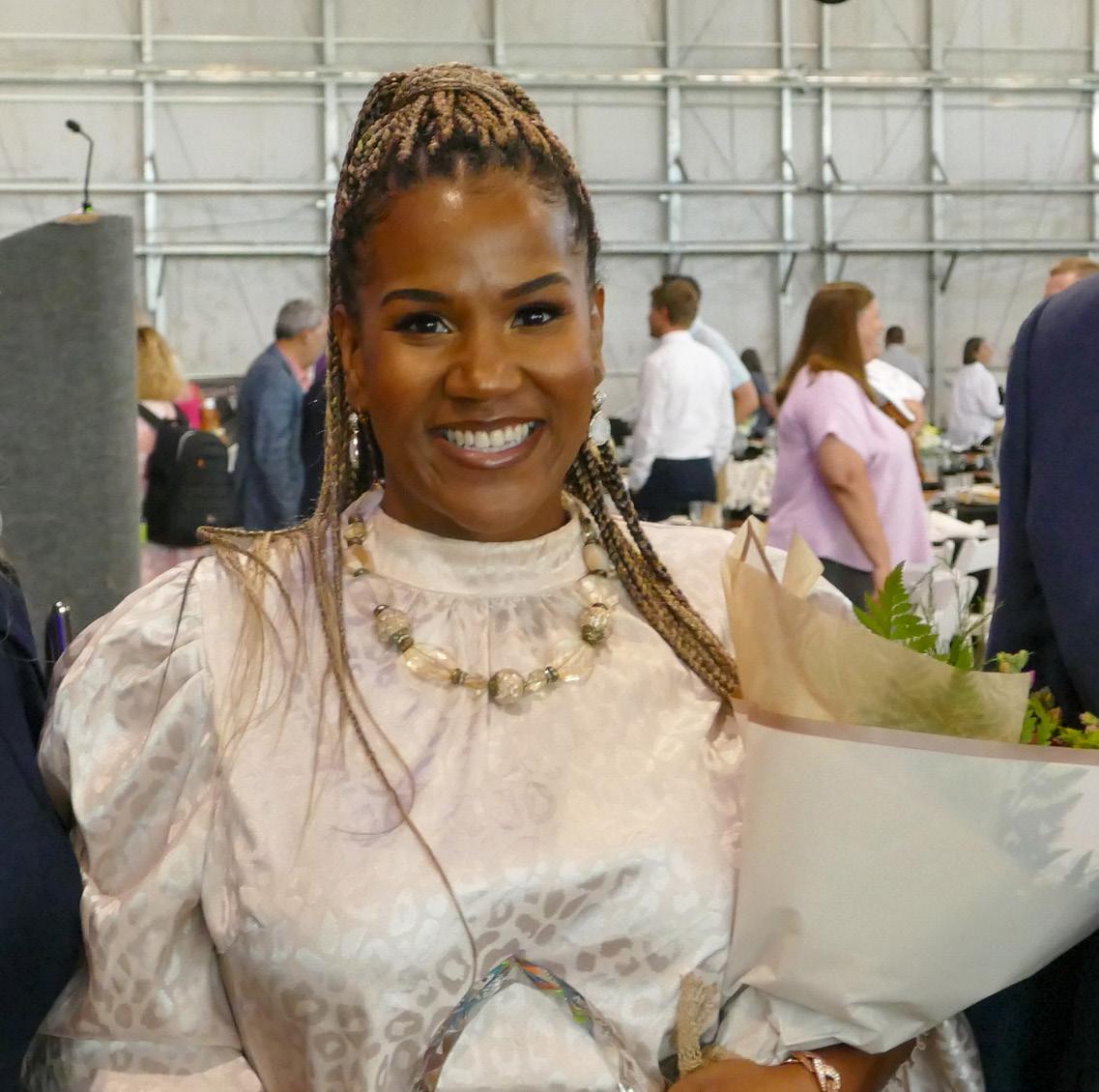
Region 10 Secondary Teacher of the Year, Dallas ISD
With more than two decades of experience teaching AP English Language, Amanda Ashmead brings exceptional expertise to her classroom at the School of Science and Engineering Magnet in Dallas ISD. She has also earned the state’s highest “Master Teacher” designation. Ashmead designs activities and discussions that challenge students to think critically, draw connections between diverse concepts, and construct well-reasoned arguments. Outside of her work in the classroom, Ashmead established a comprehensive college access program, including parent education meetings, a teacher-led support committee, faculty training on recommendation letters, and a college application camp for students. The results of her work have been tremendous - last year, the school’s 108 seniors earned over $30 million in scholarship offers and more than half the class was offered a place in a highly selective university. Ashmead has also taken it upon herself to write not one, but three newsletters - one for staff, one for students, and another for parents - to keep the entire school community informed, connected, and engaged.
Region 10 Elementary Teacher of the Year, DeSoto ISD
Lauren Stewart currently serves as the campus lead special education teacher at Frank D. Moates Elementary in DeSoto ISD, where she supports third through fifth grade students. Stewart is a champion for students with special needs and is passionate about implementing innovative strategies, utilizing datadriven insights, and collaborating with multidisciplinary teams to ensure the success of every child under her care. Recognizing the need for enhanced support and resources, Stewart created a comprehensive program of professional development sessions, newsletters, and informational materials, enabling parents, staff, and community members to become effective advocates for inclusive education. She also works to connect her students with the community through hands-on volunteer opportunities and cross-curricular, immersive learning experiences with local artists, scientists, and community leaders.


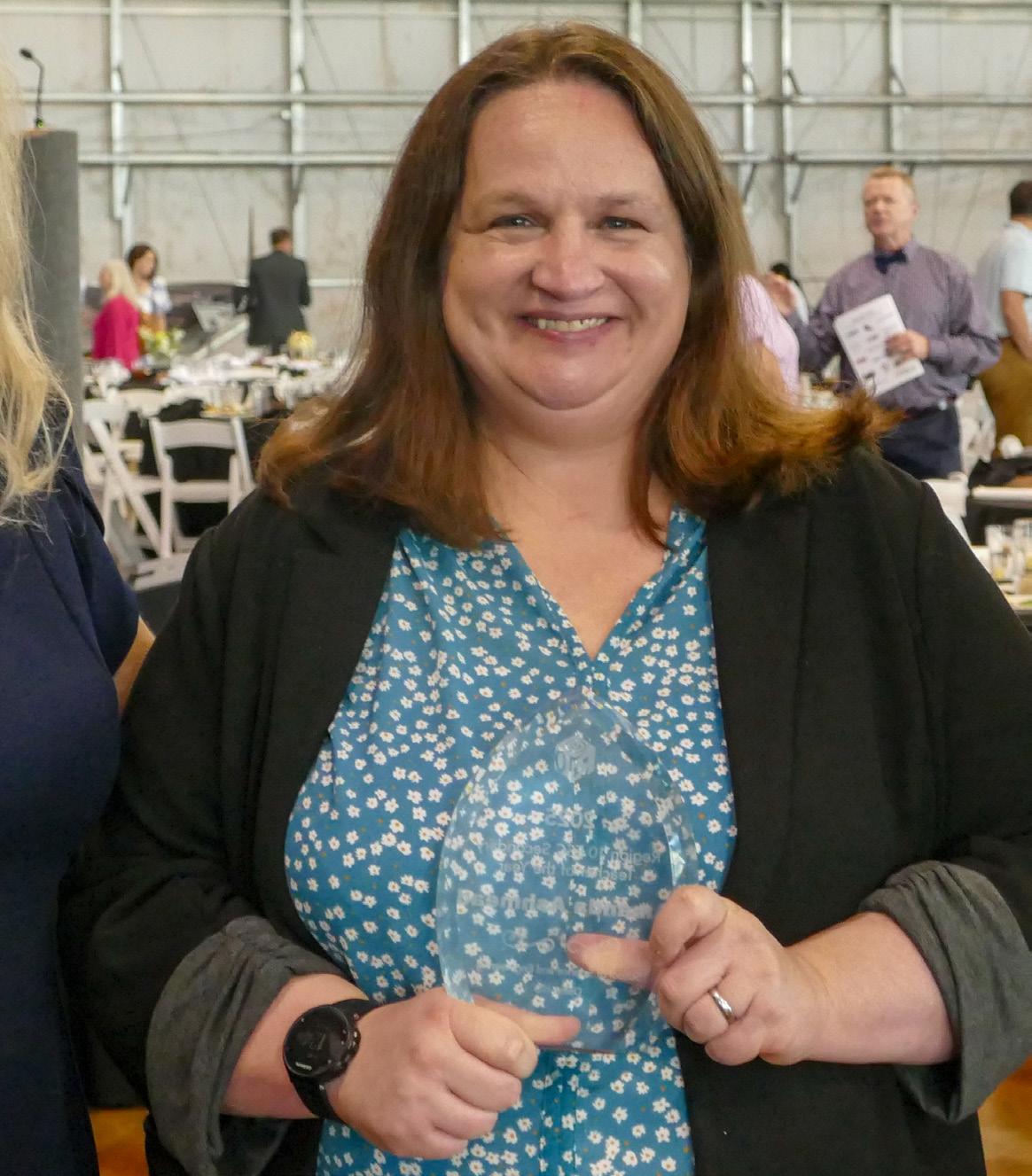
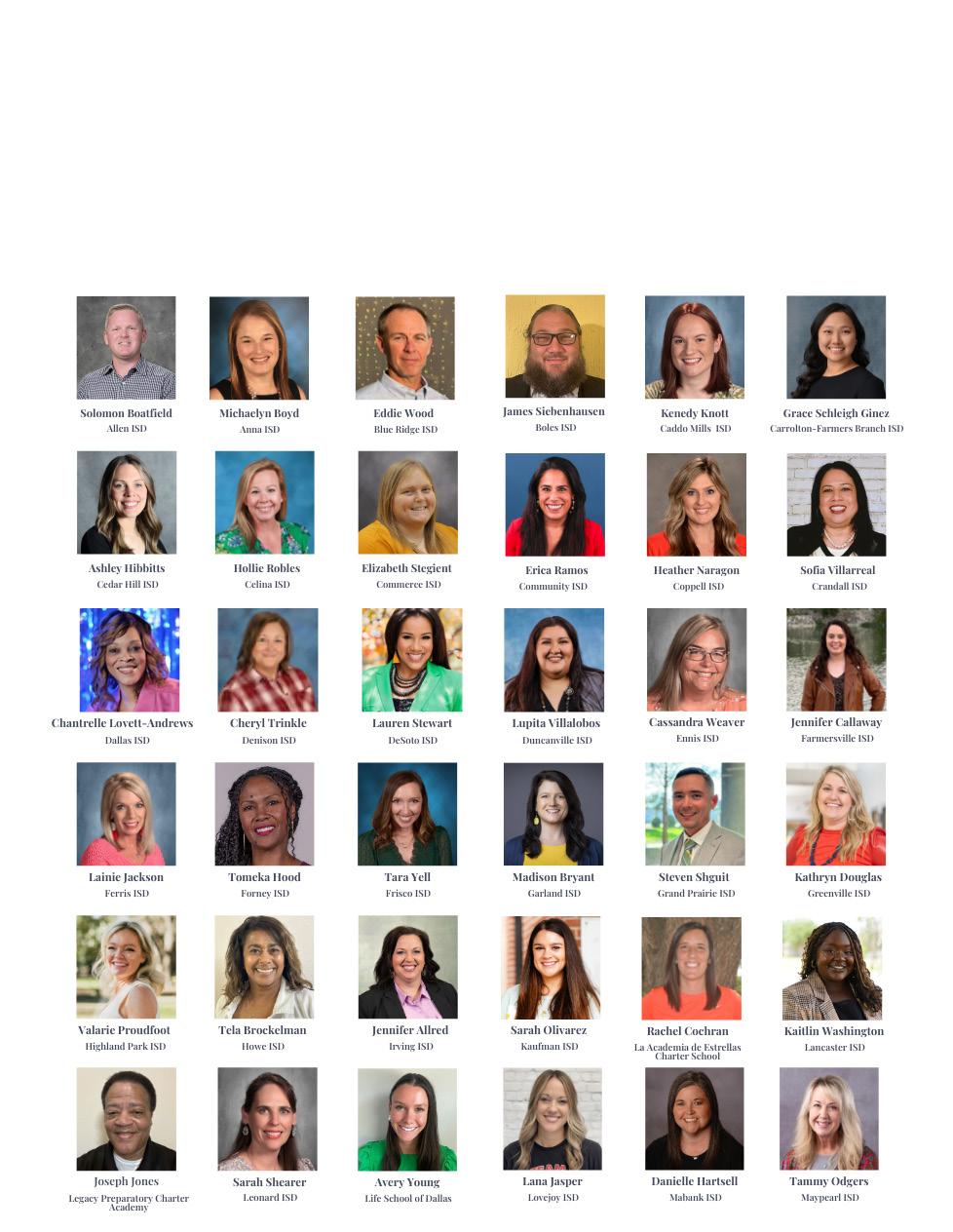
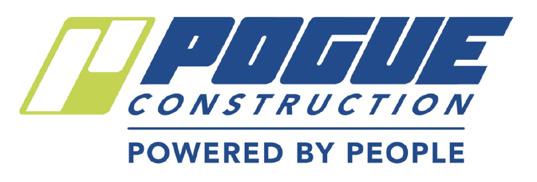
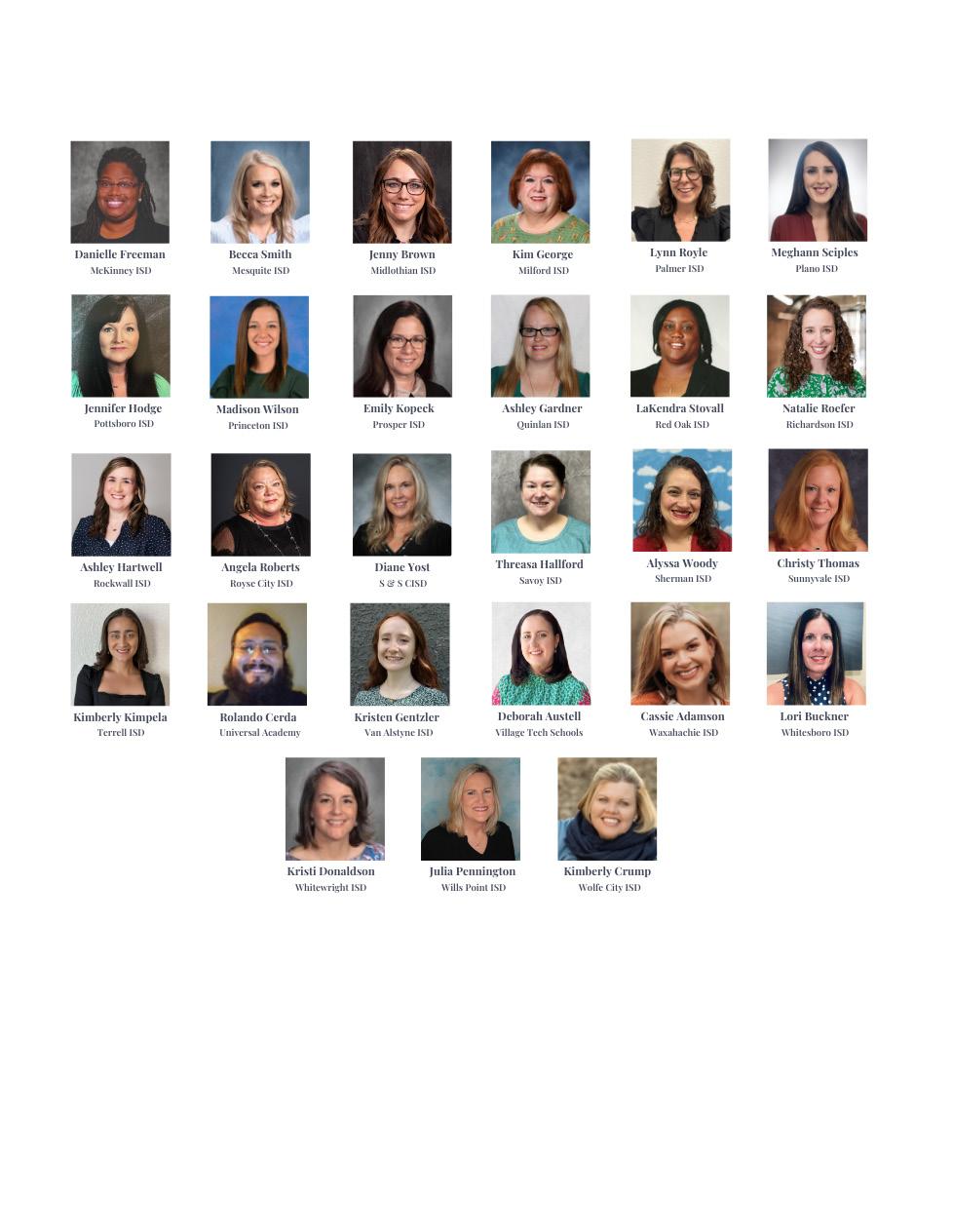
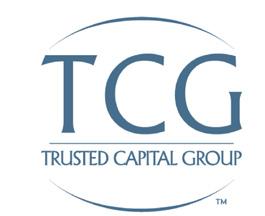
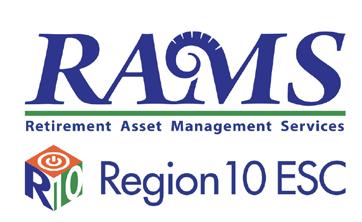
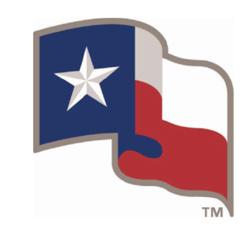

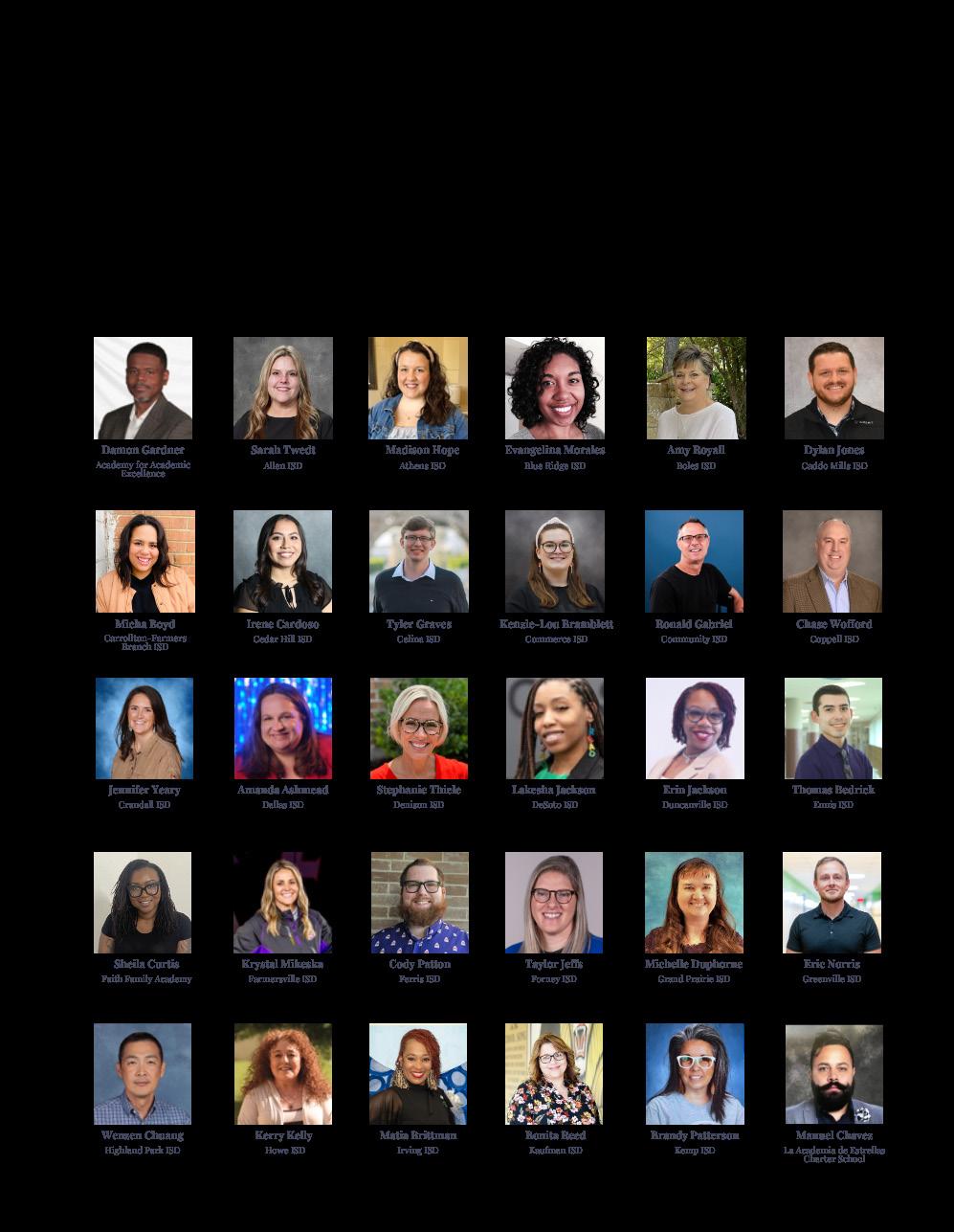
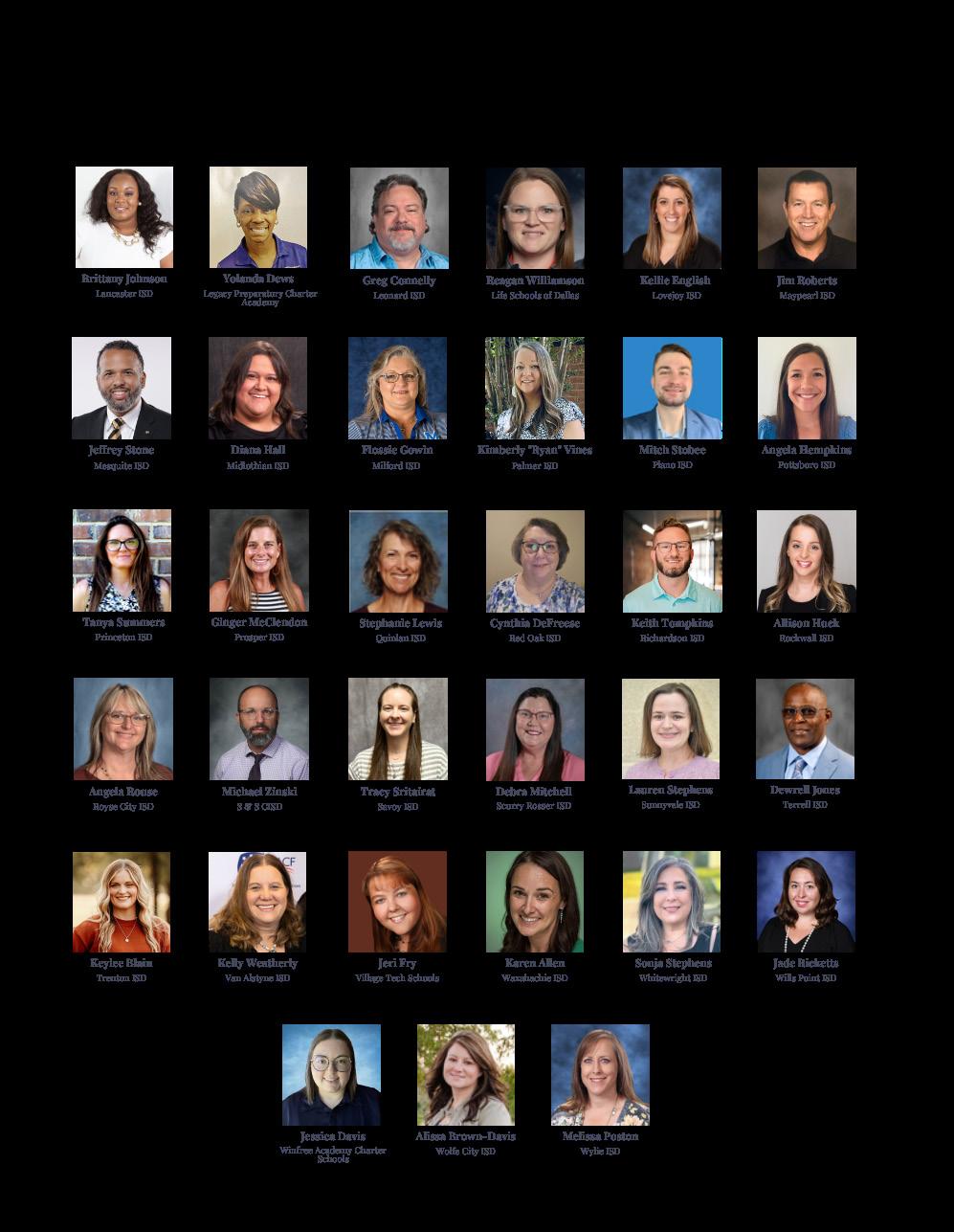
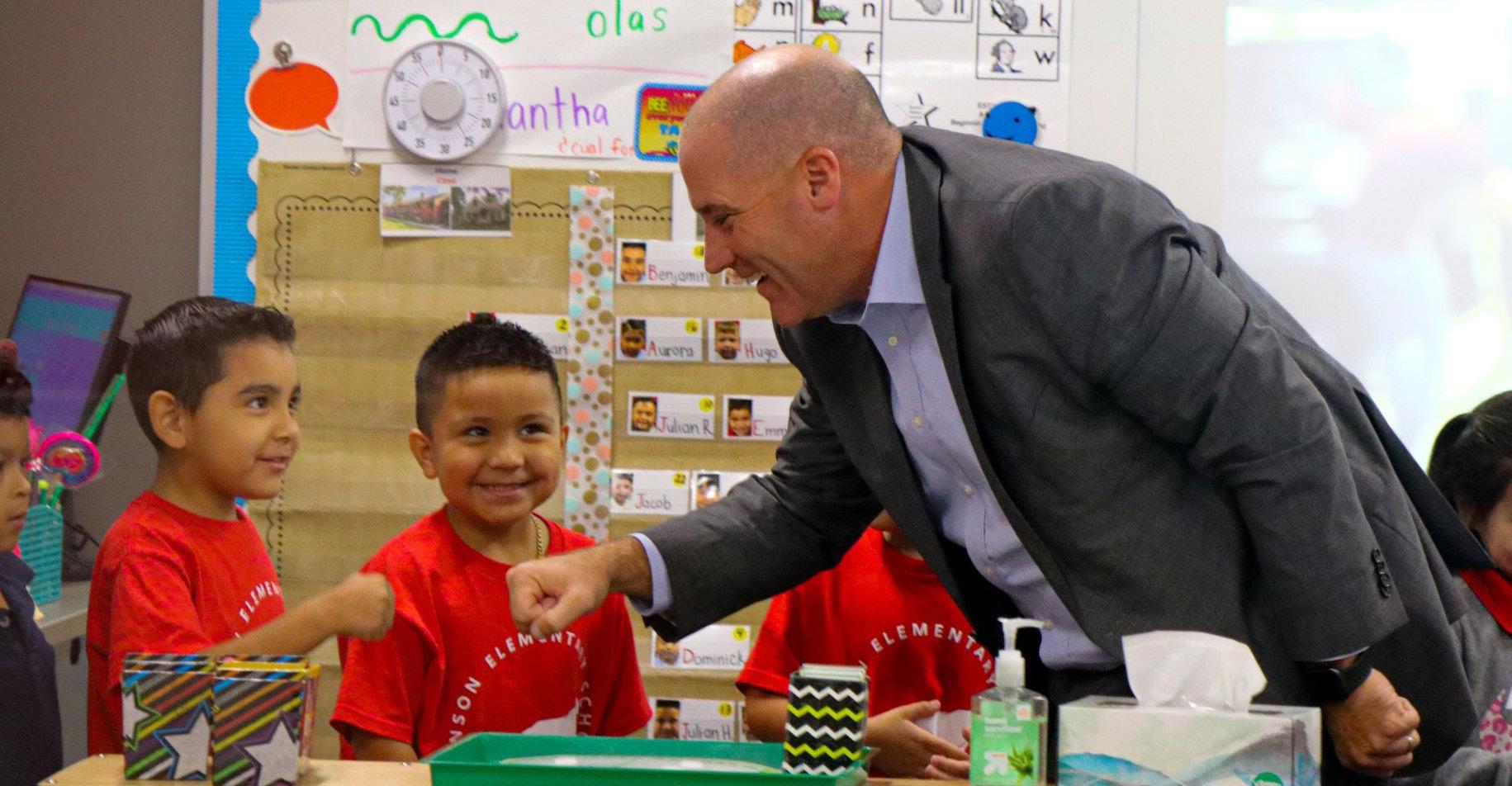

Dr. Justin Terry has served Forney ISD for more than a decade, first as deputy superintendent and now as superintendent. His dedication to fostering a positive school climate, promoting open communication, and driving educational innovation has earned him this prestigious recognition.
In nominating Terry for this honor, Greg Pharris, Forney ISD Board President, shared, “[Dr. Terry] is an exceptional, innovative servant leader who has not only made a significant impact on our district and our entire community, but is sharing his ideas, experiences, and innovations with the entire state, impacting other districts and public education throughout
Texas and beyond.”
Under Dr. Terry’s leadership, Forney ISD has seen remarkable achievements, including the development of Opportunity Central (The OC), a unique Career, College, and Community center. The OC offers extensive opportunities for students and community members, positioning Forney ISD as a national model for public education.
“Dr. Terry’s innovative ideas and commitment to excellence have not only transformed Forney ISD but have also influenced educational practices across Texas,” shared Dr. Gordon Taylor, Region 10 Executive Director. “His vision and dedication to
student success are exemplary, and we are proud to call him our Region 10 Superintendent of the Year.”
Dr. Terry’s influence extends beyond Forney ISD through his active advocacy for public education at the state level. He frequently testifies in Austin, sharing his innovative ideas and experiences to shape educational policies that benefit all Texas districts. His dedication to improving public education is evident in his efforts to collaborate with educational peers and policymakers, ensuring that the needs and voices of students,
teachers, and communities are heard and addressed. Dr. Terry’s advocacy work exemplifies his commitment to advancing public education and fostering a supportive environment for learning statewide. In addition to his appointments to the Texas Teacher Vacancy Task Force and the Industry Based Certifications Committee, he was named a 2022 National School Public Relations Association (NSPRA) Superintendent to Watch.
Dr. Terry has also excelled in fiscal management, successfully passing two large school bonds and a
VATRE, leading to significant cost savings and enhanced educational facilities.
“Dr. Terry’s visionary leadership has united our community and transformed our district. We are proud of his achievements and grateful for his dedication,” Pharris said.
The Grand Prairie ISD Board of Trustees was selected as the 2024 Region 10 Outstanding School Board. This award is a testament to their unwavering commitment to the students of Grand Prairie ISD and recognizes the profound impact their dedication and ethical service have had on the lives of countless schoolchildren in their community.
As a “Team of Eight,” they have demonstrated the power of unity in leadership. Despite their diverse backgrounds and varied interests, they consistently come together to make decisions that put students first.
The Board has navigated complex issues through some challenging times. From ensuring equitable access to quality education for all students to supporting innovative teaching methods and technology integration, their decisions have
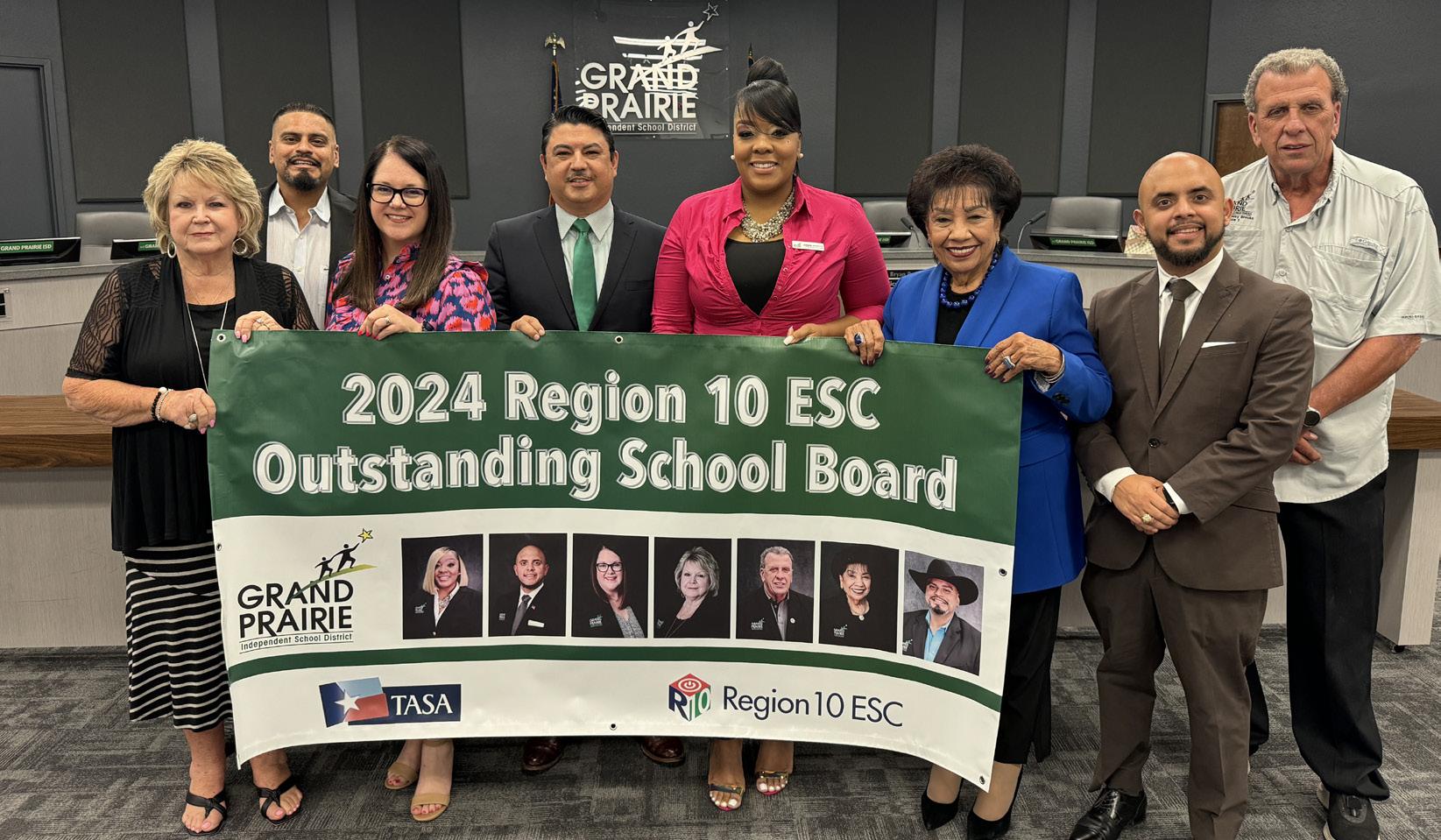
shaped a learning environment where every child can thrive.
Moreover, their ethical approach to governance has set a standard for transparency and integrity in public service. The Grand Prairie
ISD Board of Trustees has shown that it’s possible to balance diverse community needs while maintaining focus on what truly matters—the education and well-being of students.
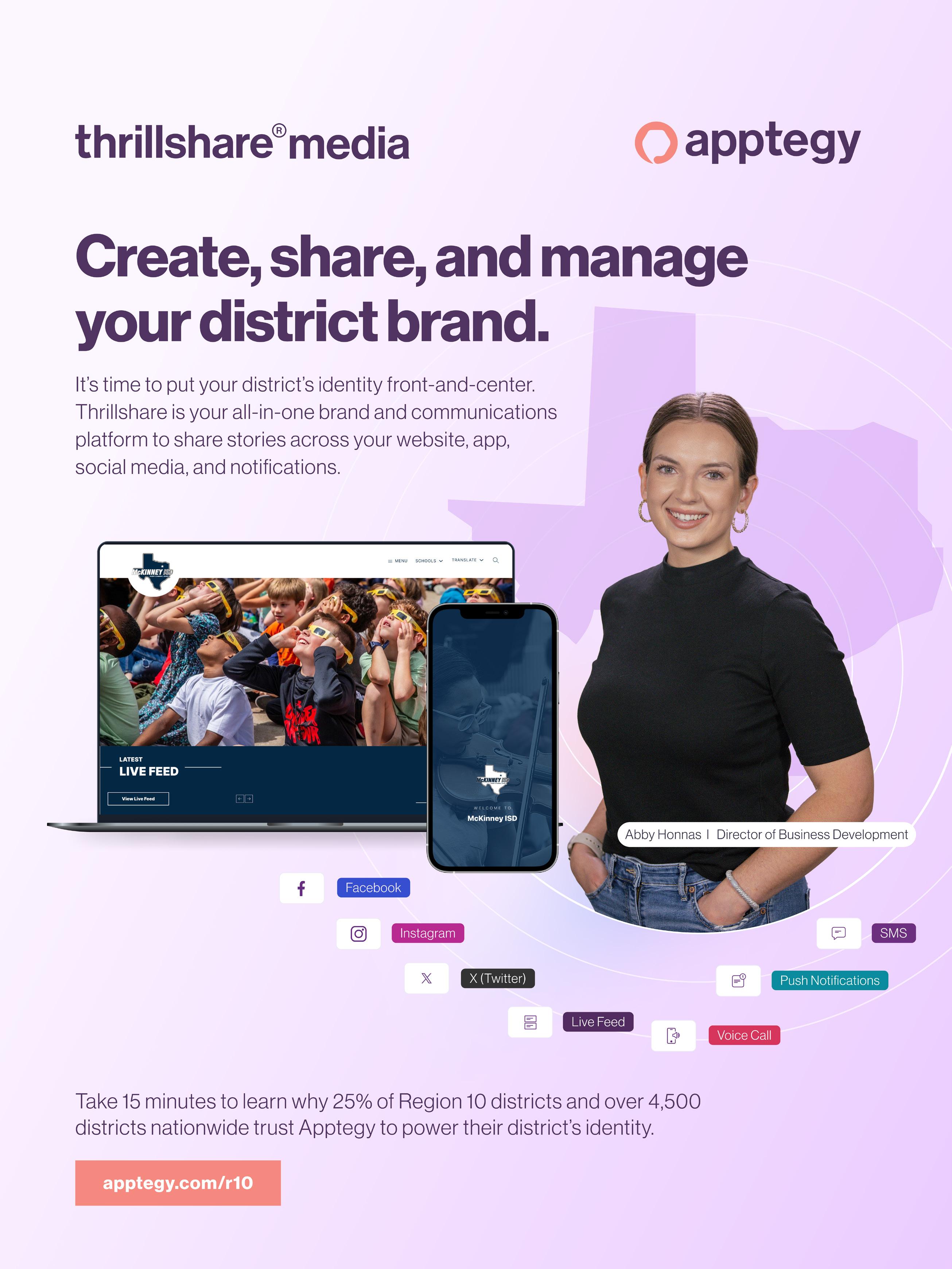
Art is bringing new life to downtown Celeste, Texas thanks to a collaboration between local businesses and Celeste High School. For the past eight years, Crawford Moore, who has taught art at the school for 34 years, has been guiding talented senior students in creating vibrant murals that adorn the town’s walls. This annual project not only allows students to leave their mark on the community but also instills values of kindness and giving back to their community.

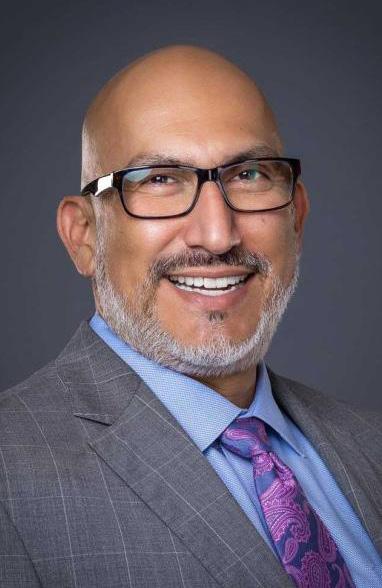

The process is rigorous, involving months of brainstorming and refining ideas before the final design is chosen. The community art project features murals with diverse themes, including representations of local businesses and tributes to important community members, with the most recent mural celebrating the craft of leather tooling.
The initiative has been met with enthusiasm from community members, who eagerly anticipate each new addition to their evolving outdoor gallery. As Moore notes, “The artwork has given our town a sense of pride. Each year there is an excitement over what the senior art students are going to paint next.”
Dr. Ricardo López, Superintendent of Garland ISD, has been honored as the 2024 Texas Alliance of Black School Educators (TABSE) Superintendent of the Year. This prestigious award celebrates exceptional Texas administrators who demonstrate excellence in public education leadership. Dr. López was selected for his strong leadership, commitment to educational quality, advocacy for public involvement, and skill in fostering positive employee relations. Notably, he is the first Hispanic superintendent to receive this recognition, adding historical significance to his achievement.
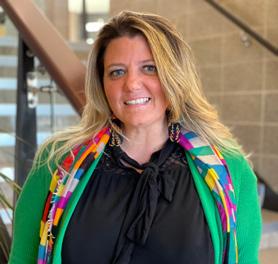
Shelley Jeoffroy, a teacher at Otis Brown Elementary in Irving ISD who was named 2023 Region 10 and Texas Elementary Teacher of the Year, won the 2024 H-E-B Excellence in Education Award in the Leadership Elementary category. Jeoffroy received a personal prize of $10,000 and a $10,000 grant for her school.


Richardson West Jr. High Arts & Technology
Magnet Principal KIMBERLY KINDRED was selected as the Magnet Schools of America Region V Principal of the Year. This award recognizes an outstanding school leader who has succeeded in providing innovative programs that promote equity, diversity, and academic excellence for students in magnet schools. Kindred was also named Richardson ISD’s Secondary Principal of the Year.


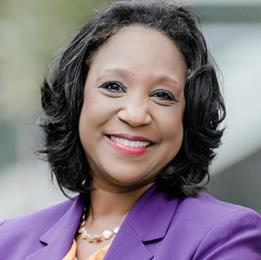
Two outstanding school counselors in Region 10 advanced as finalists in the 2024 Texas School Counselor of the Year Awards presented by the Lonestar State School Counselor Association. Finalists MELANIE THEISSEN, Richardson ISD, and LAURA FIX, Frisco ISD, were nominated based on their school counseling innovations, effective school counseling programs, leadership skills, and contributions to student advancement.
CHERYL BEARD, Garland ISD, was named the Administrator for the Gifted by the Texas Association for the Gifted & Talented. Beard has been with the district for 32 years and served as the Administrator of Gifted and Talented for 11 years.
AMANDA RAMOS, the Principal of Sellers Middle School in Garland ISD, earned the 2024 H-E-B Excellence in Education award in the School Principal - Secondary category. As the winner, Ramos received a personal prize of $10,000 and a $25,000 grant for her school.
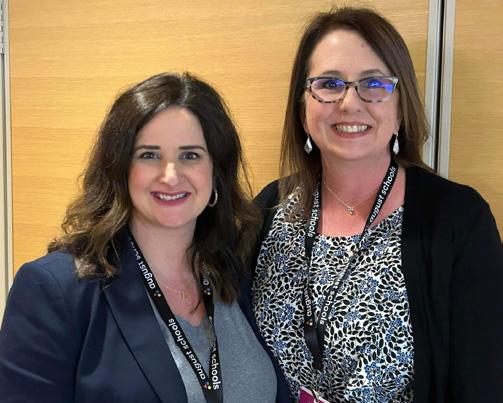
Garland ISD’s nursing team earned not one, but two awards from the Texas School Nurses Organization.
Lead Nurse, LAURA VAYDA, was named 2023 Texas School Nurse Administrator of the Year and her colleague, DANA WOOD, Itinerant Nurse, earned the State Nurse of the Year Award. These outstanding nurses were selected based on their significant contributions to advancing excellence in school nursing.


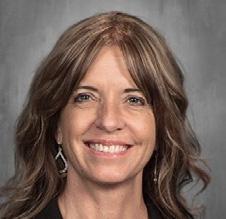
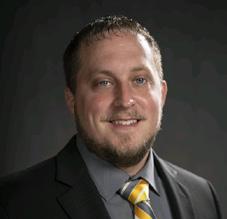
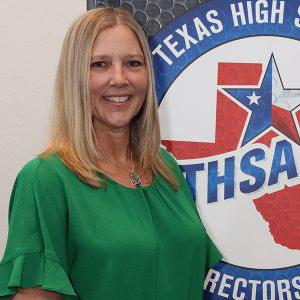
LESLIE SLOVAK, Richardson ISD Executive Director of Athletics, was named the Texas High School Athletic Directors Association 2023 Region 3 Administrator of the Year and will also serve as the organization’s 2024-2025 President Elect.
Congratulations to the Texas Association of Secondary School Principal Region 10 Principal and Assistant Principal of the Year awardees:
High School Principal of the Year: SHAE CREEL, Sachse High School, Garland ISD
Middle School Principal of the Year: SONYA PITCOCK, Curtis Middle School, Allen ISD
High School Assistant Principal of the Year: KEIR BURKE, Independence High School, Frisco ISD
Middle School Assistant Principal of the Year: KYLE CAUSEY, Ouida Baley Middle School, Royse City ISD
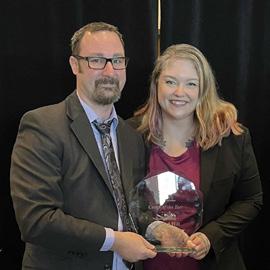
MIKE HILL, Richardson High School English and AP Language teacher, was named the Texas AcDec Coach of the Year! Hill has coached the RHS Academic Decathlon team since 2012 and has led the team to 12 consecutive state appearances.







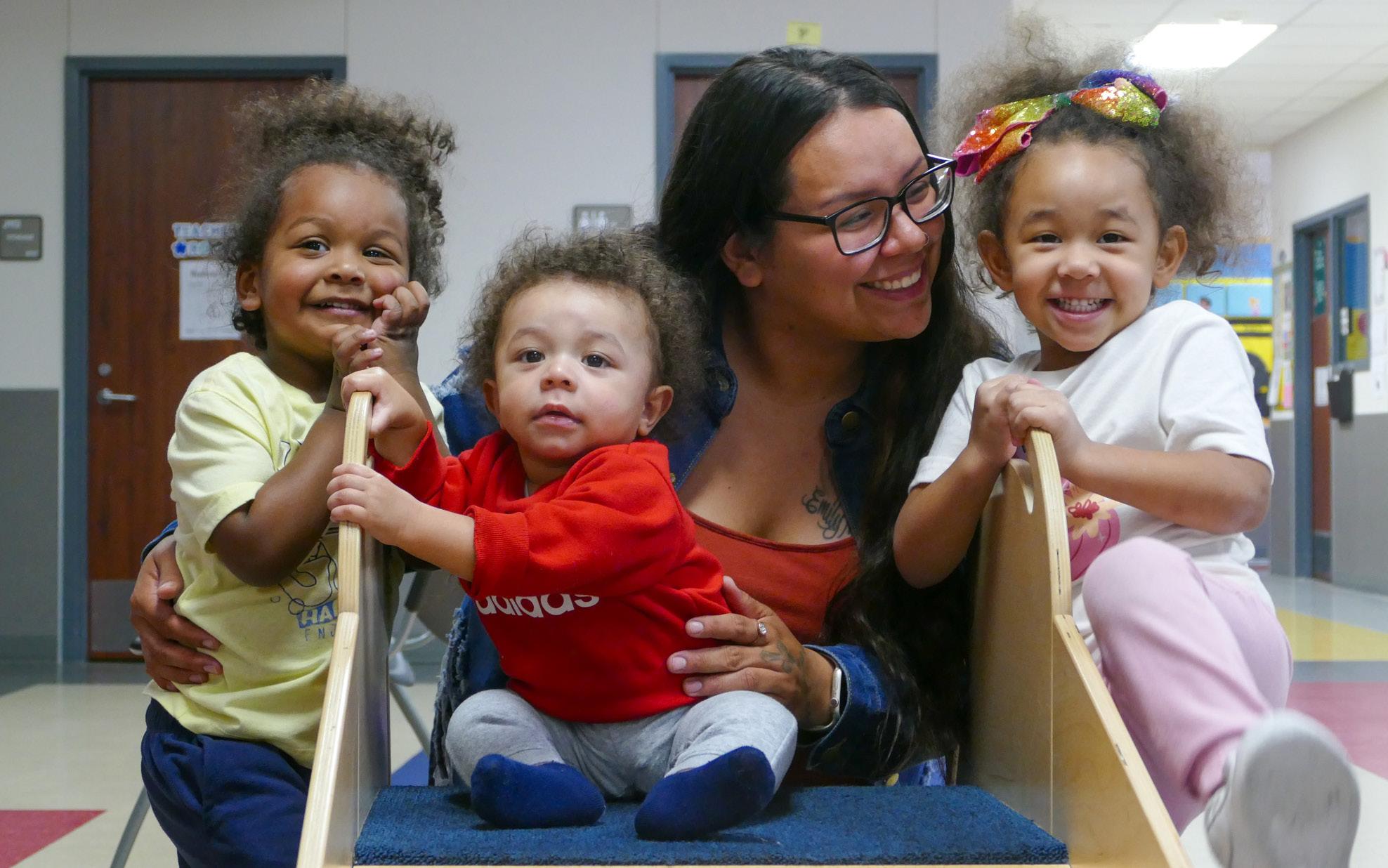
By Teresa Ale Reyes, Region 10 ESC
MARISOL ECHEVERRIA, a dedicated mother of five, is a former parent in the Early Head Start (EHS) Program at McKinney’s Lawson Early Childhood School. Born hearing, Echeverria began to lose her hearing at a young age, leading her to an incredible journey. Despite facing obstacles, Echeverria’s resilience and determination have shaped her family’s extraordinary story.
Introduced to the EHS program by her sister, Echeverria found support in a community dedicated to empowering every single parent and their children. Through the program, she received invaluable guidance and assistance from staff members like Elaine Seals, Becki Cecil, and Dorothy Ellinghaus, who played instrumental roles in her children’s educational journey.
“We received a lot of help from Seals and that’s when I knew this was the right
school for my daughter Emily,” said Echeverria. This initial support blossomed into lasting relationships with other staff members.
Her daughter Emily, now 10, started in the program as an infant. Echeverria has been actively involved with the EHS community for a decade. She communicates with teachers mainly through writing and finger spelling, while some staff know basic sign language.
Her dedication to staying connected with the EHS community highlights the importance of ongoing support and relationships in educational environments. The school’s inclusive approach has made a significant difference in her family’s life, fostering a sense of belonging and understanding.
“I’m very happy about that because I’m able to communicate,” she says.
Her children are making significant progress, learning English at school and Spanish at home. This bilingual upbringing has enriched their cultural identity and cognitive development, giving them a broader perspective and better communication skills.
“My kids know three languages: ASL, Spanish, and English,” Echeverria proudly shared. Her commitment to their multilingual education reflects her determination to give them the best opportunities in life. She believes that being proficient in multiple languages will open doors for them in the future and help them connect with diverse communities.
Despite the challenges, such as maintaining focus, Echeverria is optimistic about their continued development.
The EHS program has been a pillar of support for Echeverria. “I appreciate
all the help, but I keep needing support with my kids,” she admits. Her dreams for her children are rooted in motivation and breaking barriers. “I want to push them to be better and work hard for a brighter future.”
The dedication shown by the EHS teachers to learn ASL has profoundly impacted Echeverria. “I’m absolutely happy. That’s why I love this school,” she says. The EHS program’s inclusive approach has benefited both Echeverria’s children and Echeverria herself. Her children were well-prepared for elementary school, while Echeverria gained valuable skills for her role as a parent.
“[EHS] gives you the tools to have a better future and better opportunities,” she says.
Marisol Echeverria’s journey with the Early Head Start Program at McKinney’s Lawson Early Childhood School is a testament to the power of inclusive education. Her story illuminates the profound impact that tailored support and understanding can have on a family’s trajectory. Through the challenges of hearing loss and language barriers, Echeverria has not only navigated her own path but has also paved the way for her children’s success in a multilingual world. The EHS program’s commitment to inclusivity, exemplified
by staff members learning ASL and providing comprehensive support, has created a ripple effect of positive change. It has empowered Echeverria to be an active participant in her children’s education and a valuable contributor to her community. Her experience underscores the vital importance of early childhood education programs that embrace diversity and adapt to the unique needs of every family.
“[EHS] gives you the tools to have a better future and better opportunities.”
As Echeverria continues to advocate for her children and inspire other parents, her story serves as a powerful reminder that with the right support, determination, and resources, barriers can be transformed into stepping stones. The lasting impact of the EHS program on the Echeverria family demonstrates that investing in inclusive early education not only shapes individual lives but strengthens entire communities, fostering a more understanding and connected society for generations to come.





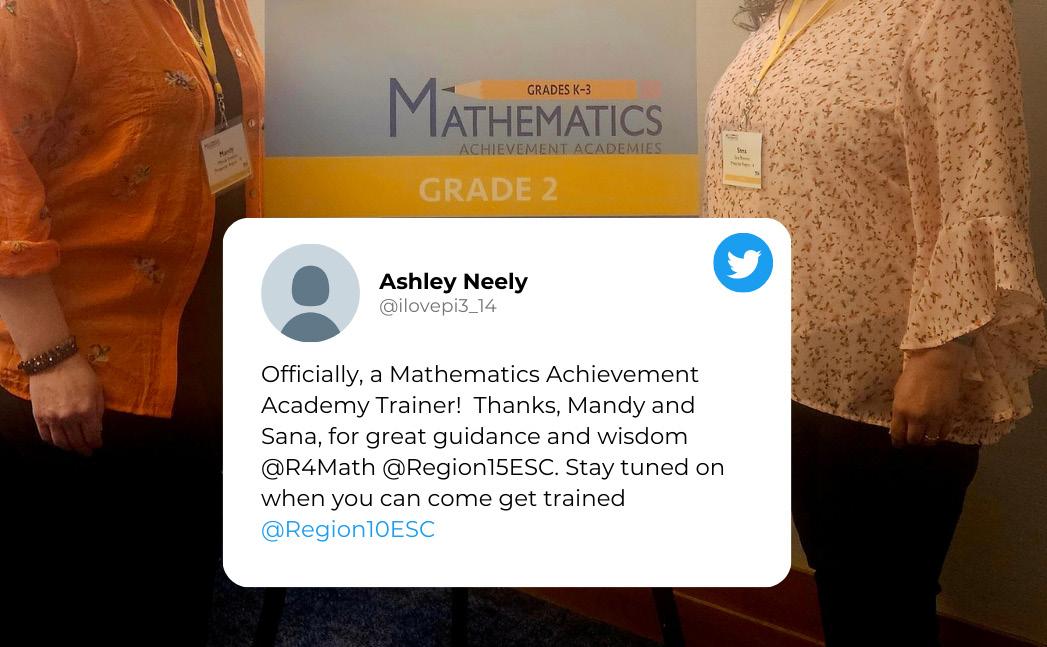


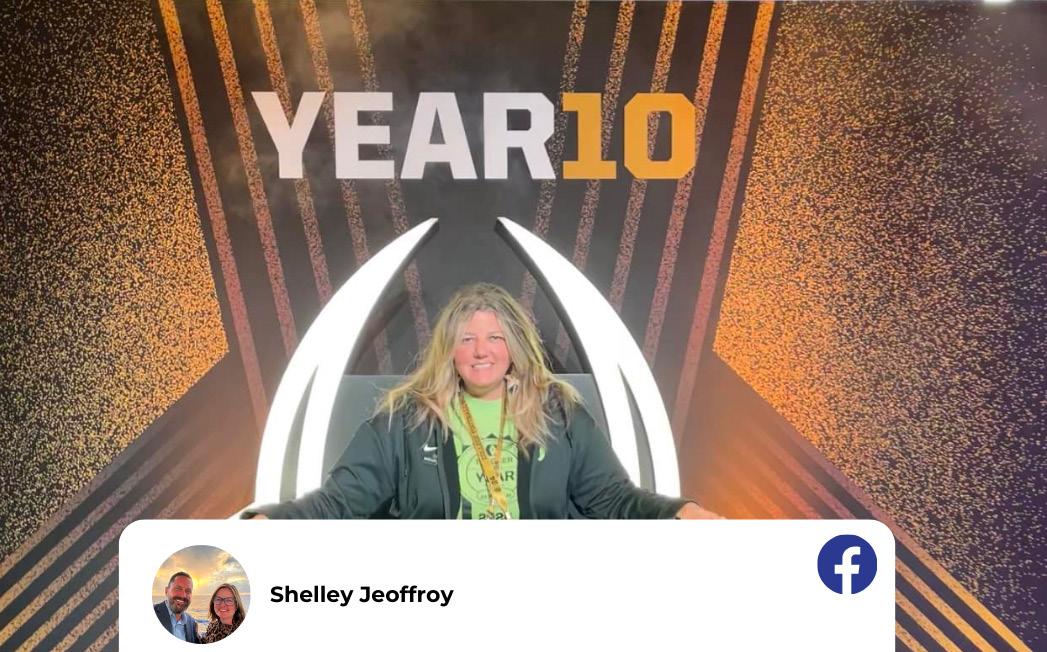
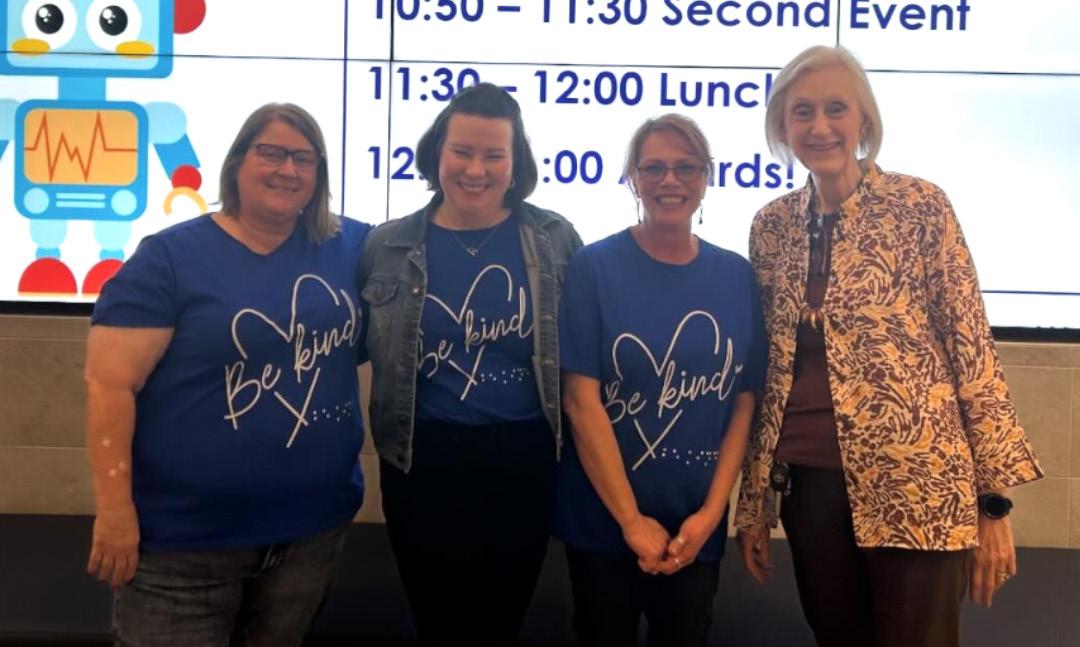
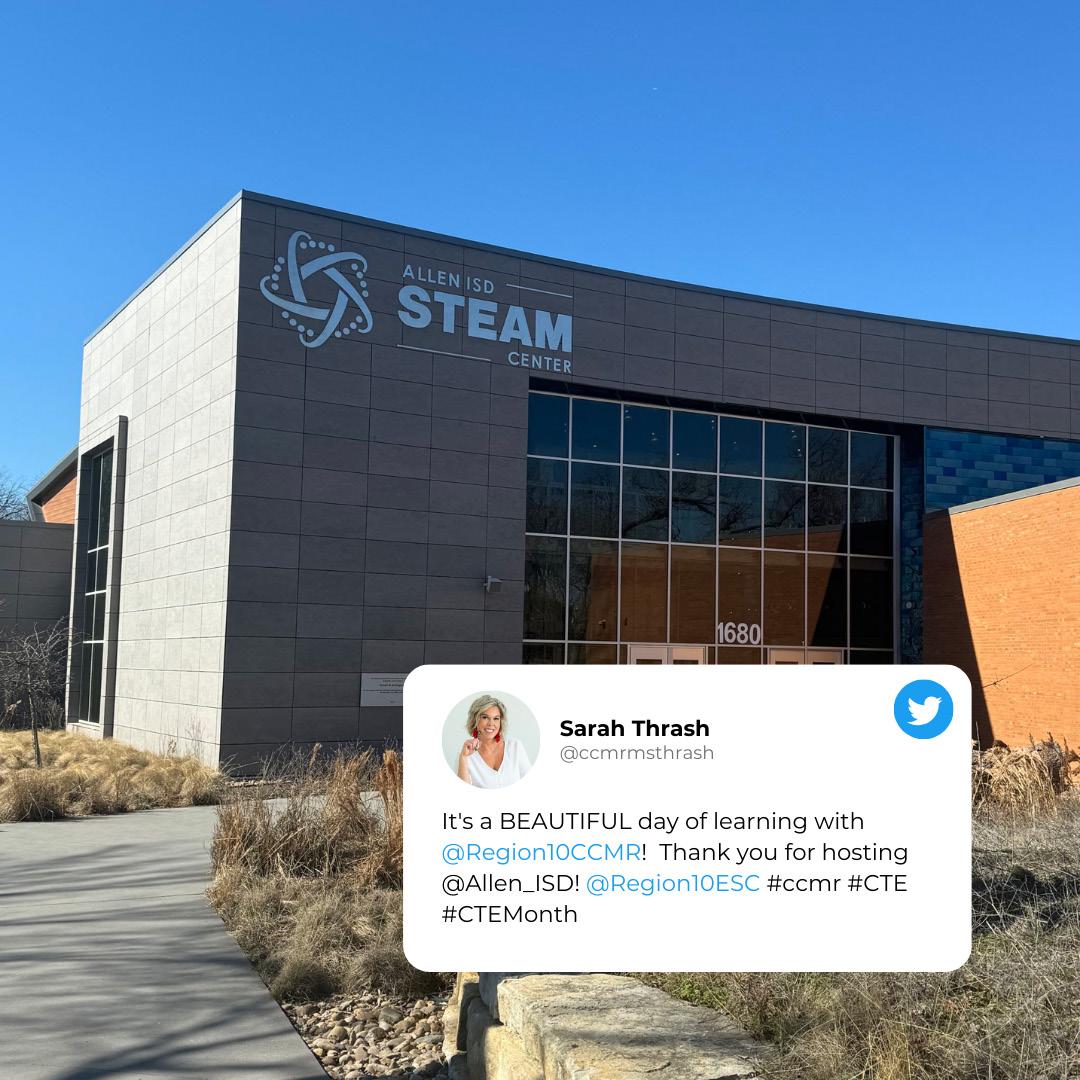
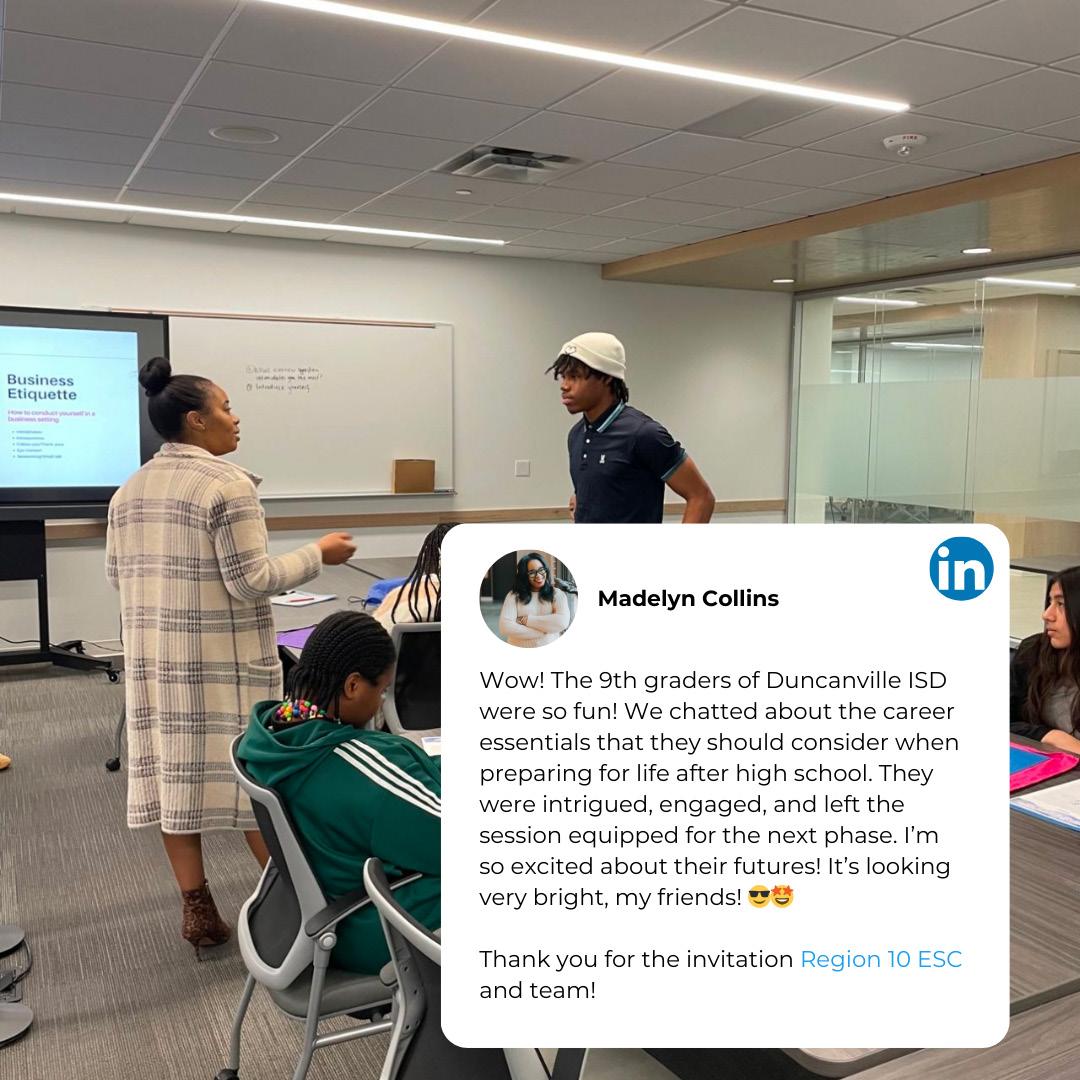
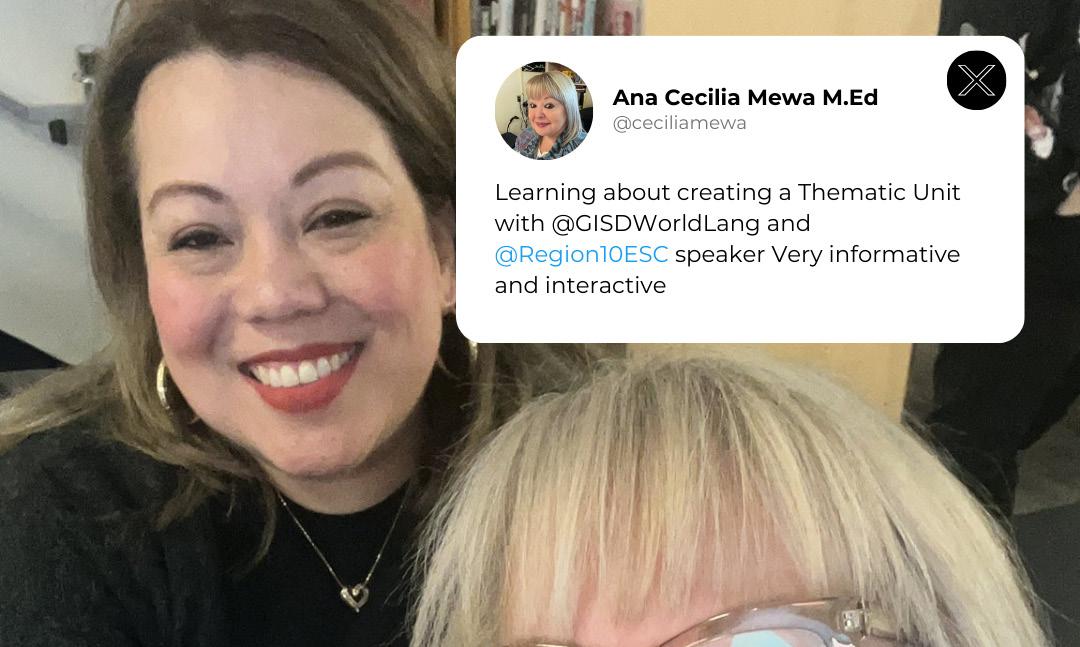

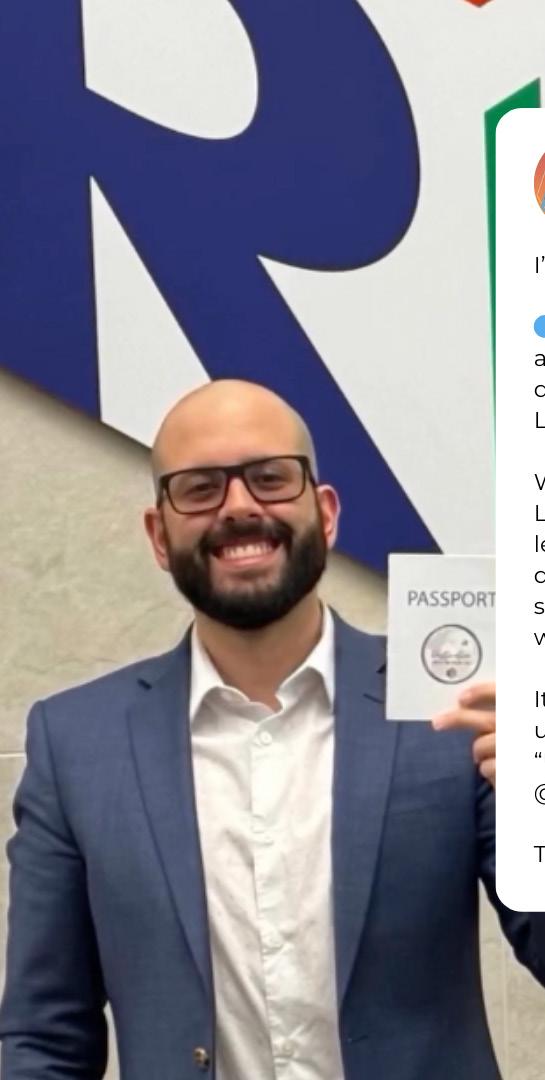

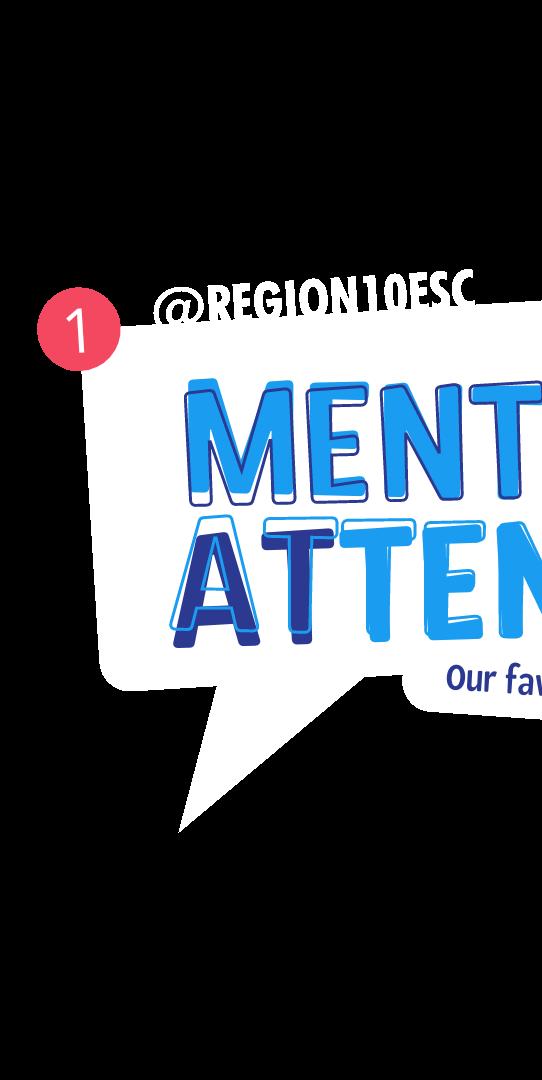
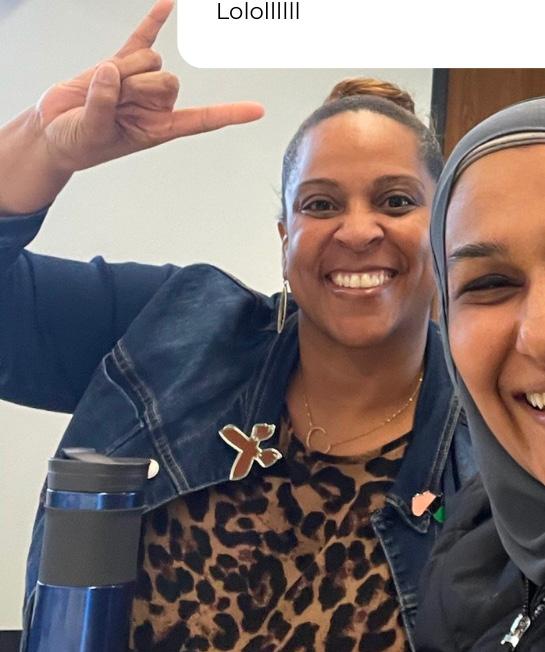
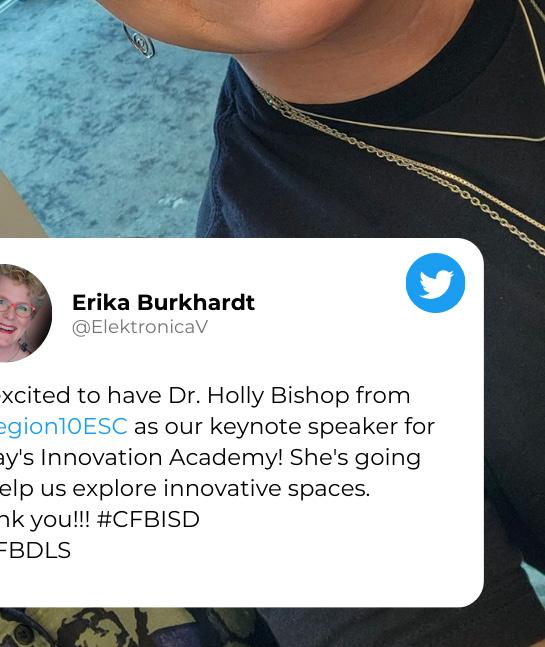
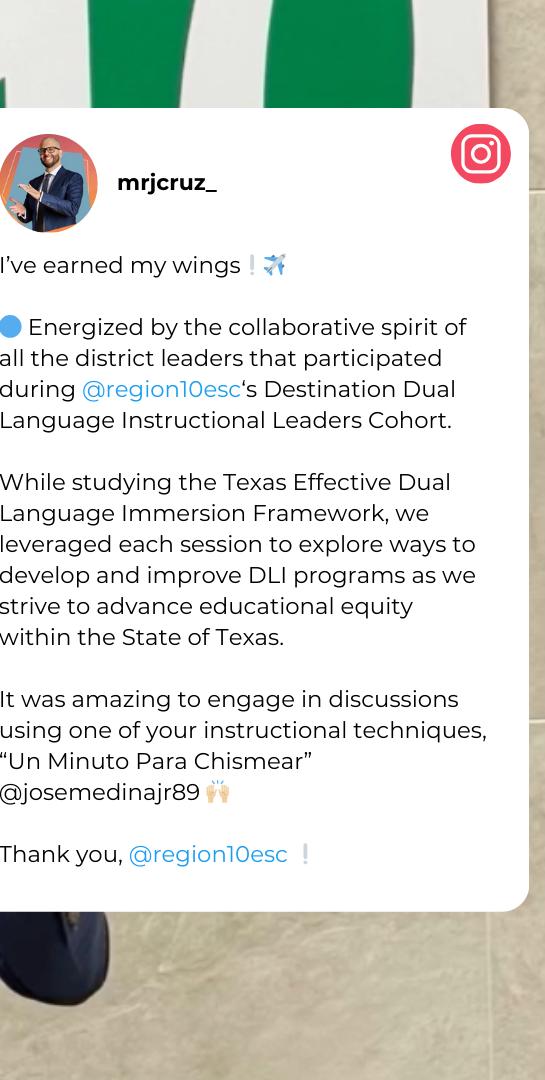
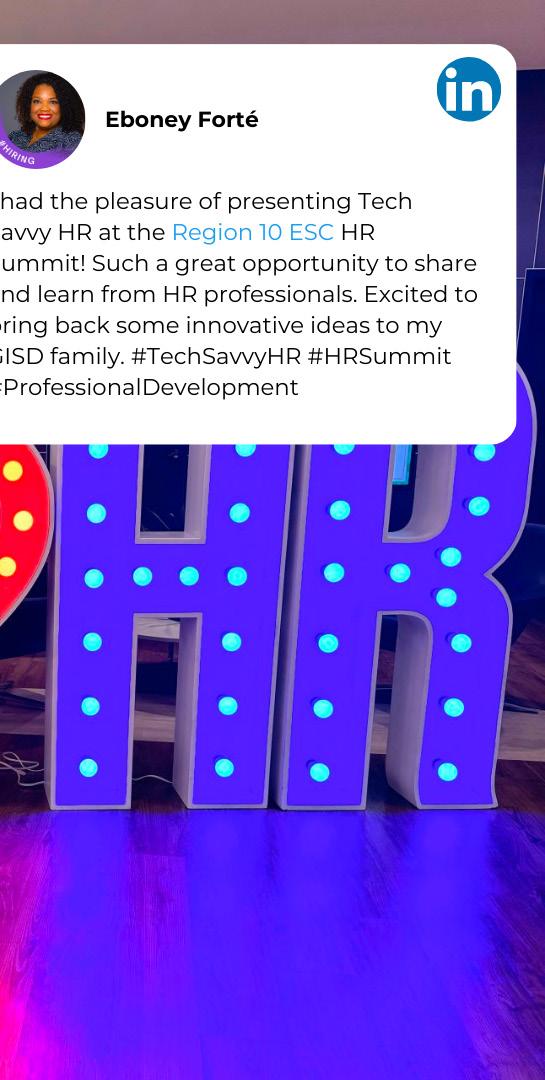



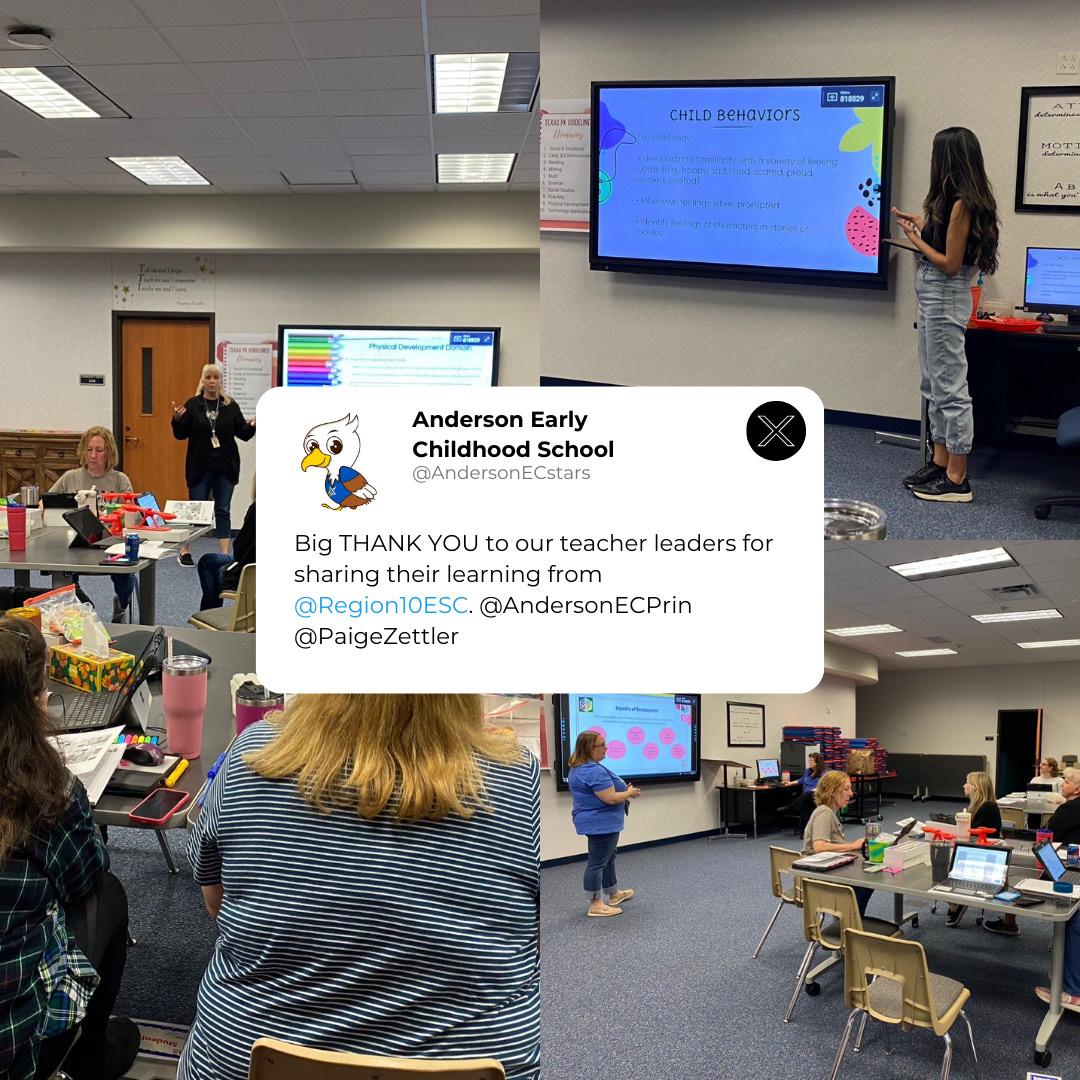
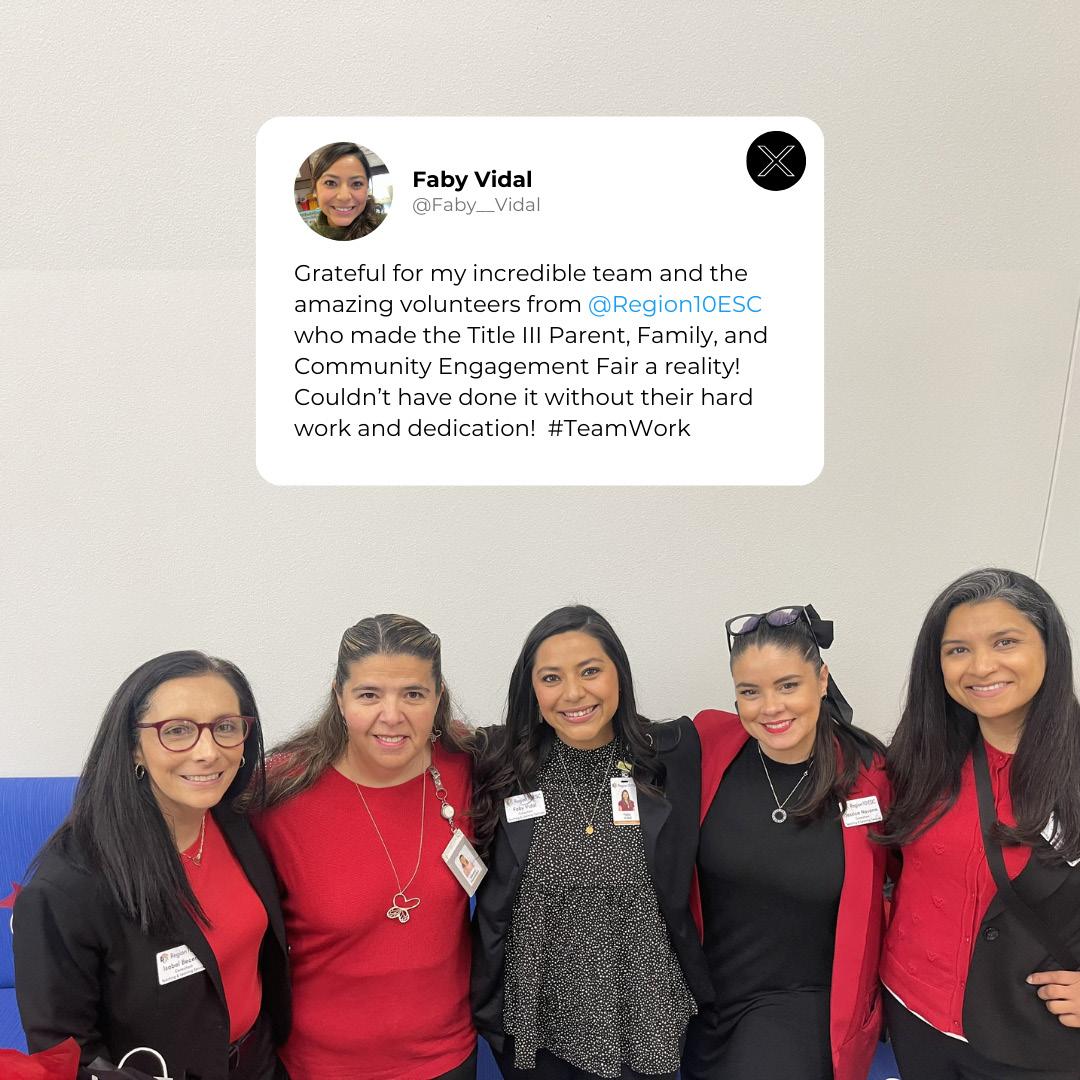
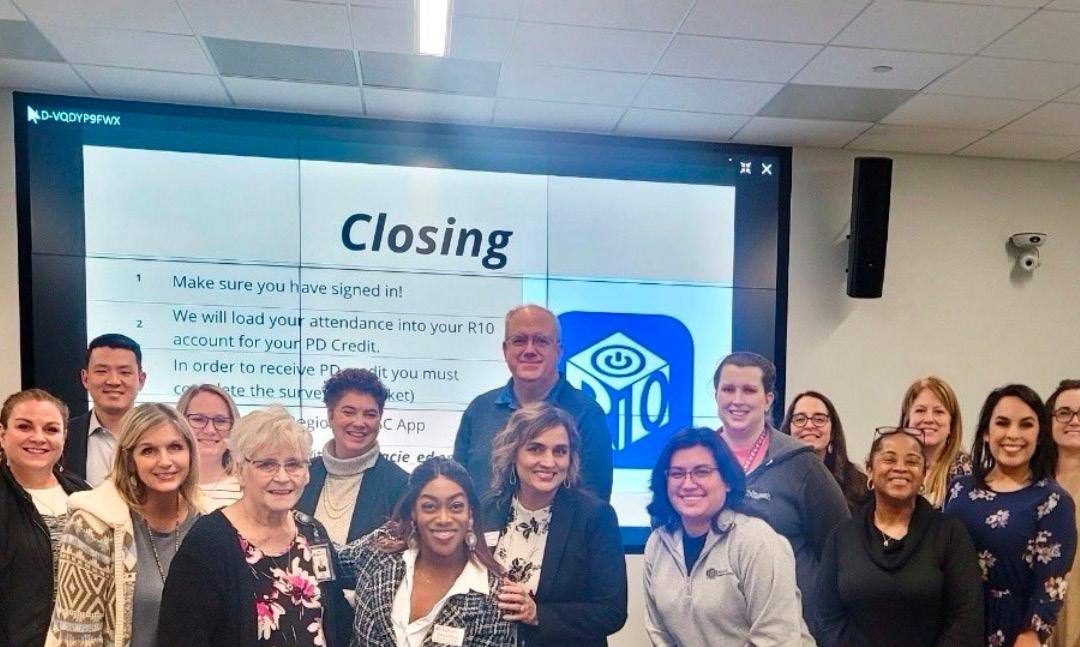
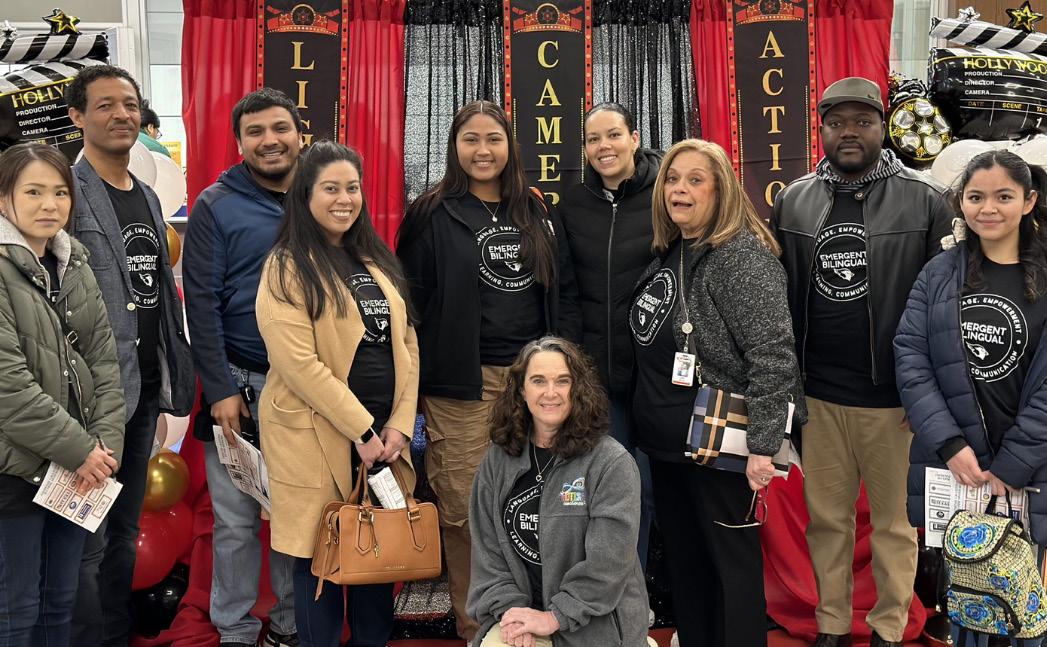

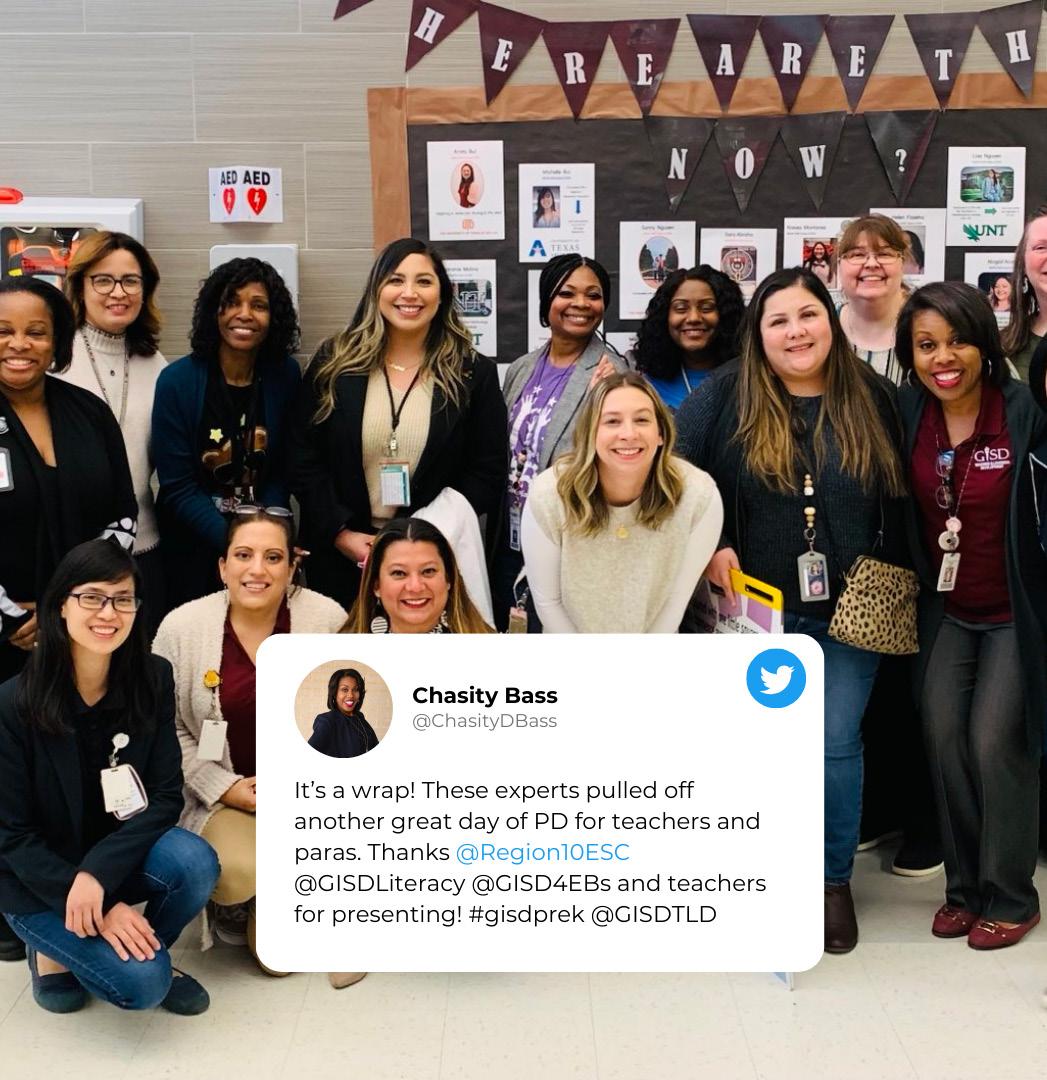
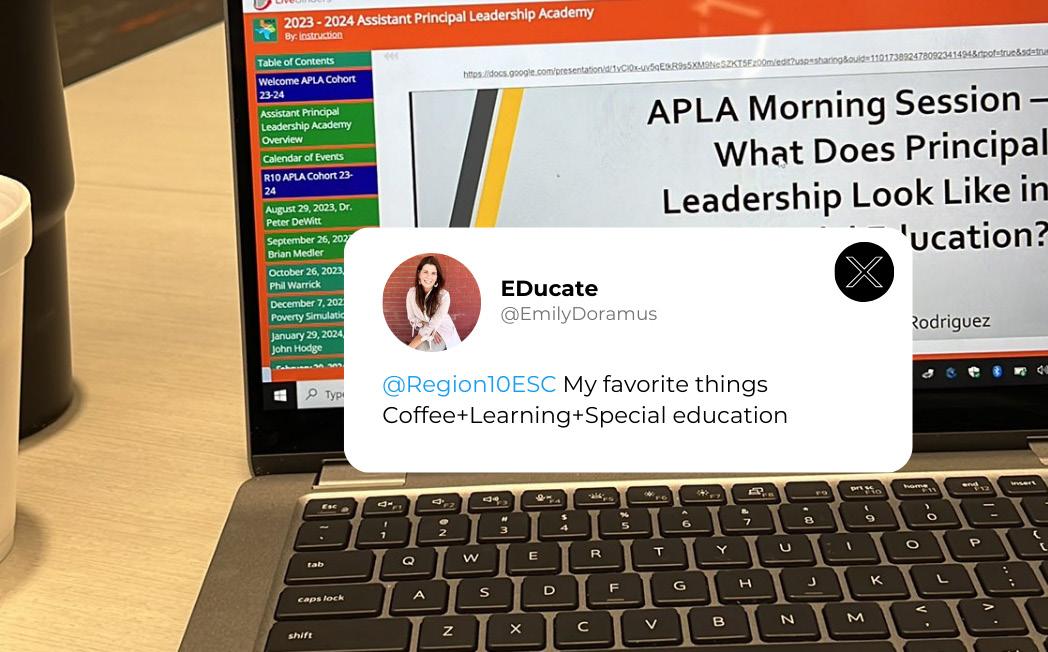
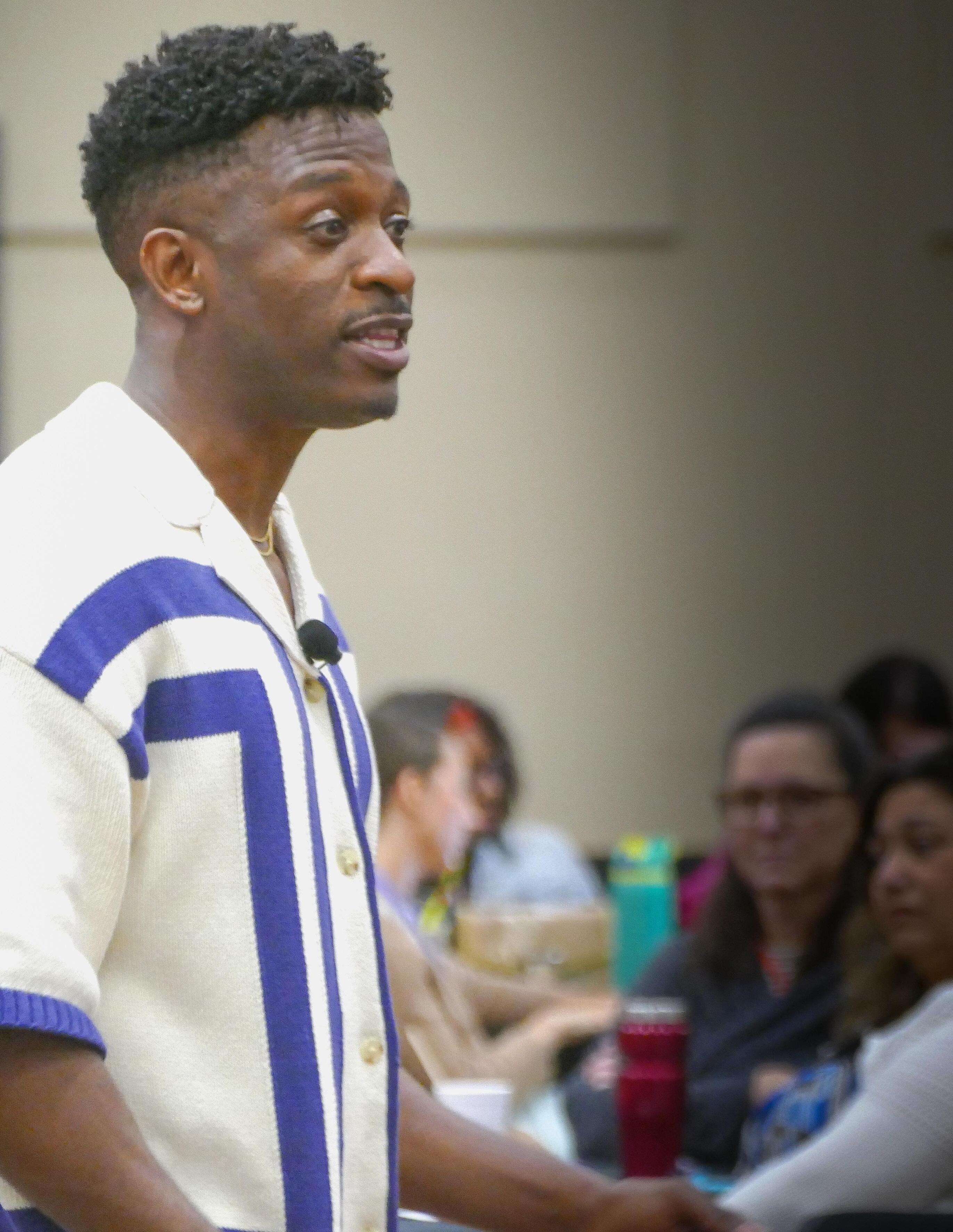
By Deon Quinn, Region 10 ESC
IN A REMARKABLE DISPLAY of unity and commitment, educators from all over North Texas gathered for the inaugural Region 10 ESC McKinney-Vento Homeless Education Convention. Held in Plano at Collin College, this event brought together individuals committed to supporting some of the most resilient students in their communities - students identified as homeless. The attendees, many of whom serve as McKinney-Vento Liaisons for their school district, united under a common goal: to ensure that students identified as homeless, despite their circumstances, receive the support and resources they need to succeed academically and beyond.
Meeting the requirements of the McKinney-Vento Act, a federal law that requires immediate enrollment and ensures educational stability for homeless children and youth, was not just a topic of discussion but a call to action during the threeday convention. Established in 1987, the McKinney-Vento Homeless Assistance Act provides services and protections that are crucial in eliminating barriers to education for thousands of children and youth who do not have a permanent place to call home.
For many school districts, identifying the exact number of homeless children and youth can be a difficult task, given their transient nature. Factors such as lack of affordable housing, natural disasters, and unemployment/ underemployment are just a few reasons that families with school-aged children and youth could find themselves in a homeless situation.
During the 2020-2021 school year, the Texas Education Agency reported that more than 93,000 students were identified as homeless throughout the state. The number of students identified as homeless in Region 10 during the same period was nearly 13,000, reflecting a reduction of 12% from the prior year. The COVID-19 pandemic contributed to a significant decrease after several straight years of increases. With schools transitioning to virtual enrollment and classes at the start of the 20-21 year, many students who would typically qualify for McKinney-Vento services went unidentified.
Fast forward to 2024, and many of the pre-Covid factors that led to homelessness for many families still exist today and, in some cases, have been exacerbated by the pandemic.
“One of the big things facing families in my district is affordable housing. Enrollment has gone down in our district as shiny new buildings go up. Still, there is no new housing for lower-income families,” said convention attendee Ashley Marshall, Dallas ISD McKinney-Vento Liaison.
The McKinney-Vento Act mandates that school districts identify homeless students, enroll them immediately regardless of documentation, and provide transportation to their school of origin if requested. This law also requires districts to appoint a McKinney-Vento Liaison, a role specifically created to ensure homeless students receive support during their educational journey. The liaisons play a critical role in coordinating services, advocating for the students, and facilitating access to resources such as tutoring, counseling, and extracurricular activities.
“Being at an event like this with my colleagues always provides knowledge and newfound logic to better assist homeless students in my district.”
James Thomas
Plano ISD Homeless Liaison
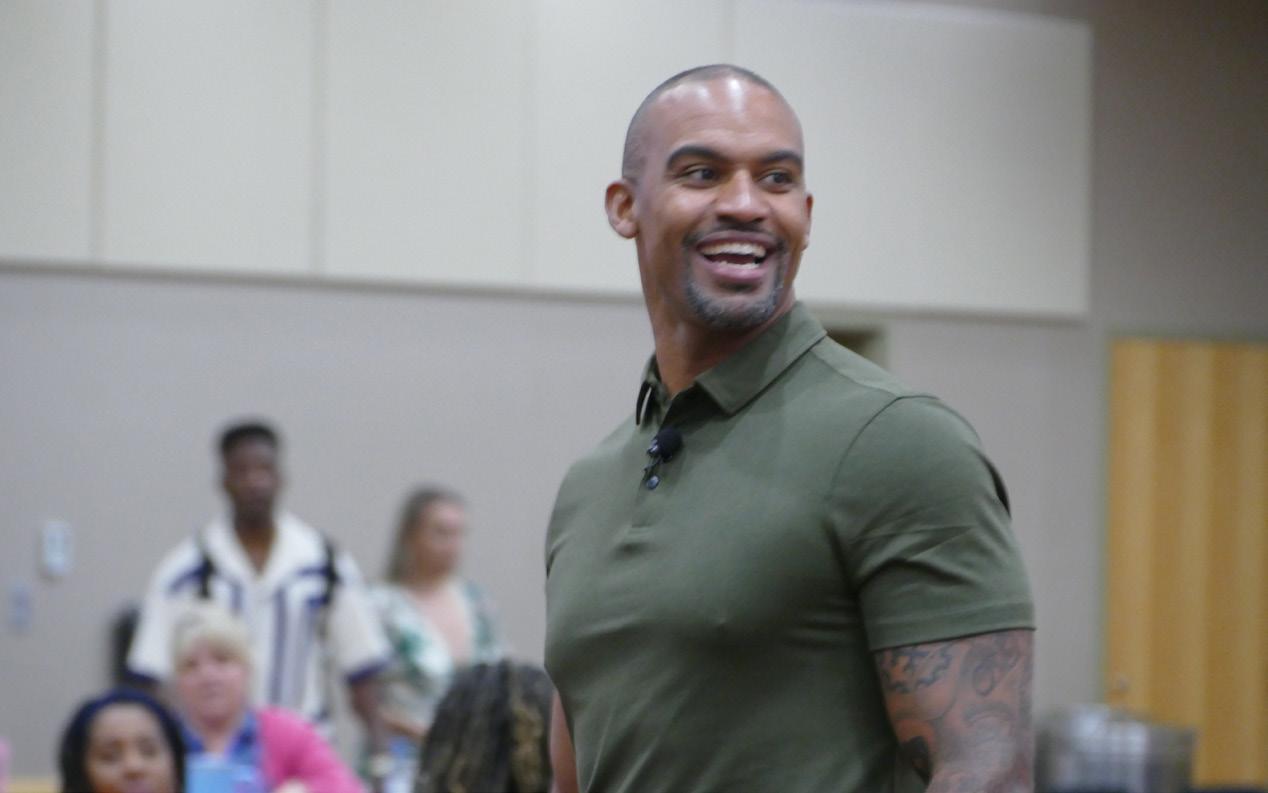
The convention theme, “Empower. Educate. Elevate.” symbolized hope in a friendly and collaborative atmosphere. Participants didn’t just share strategies and success stories; they demonstrated the power of unity in addressing the challenges homeless students face.
“Being at an event like this with my colleagues always provides knowledge and newfound logic to better assist homeless students in my district,” stated Plano ISD Homeless Liaison James Thomas. “I’m here to connect with other liaisons to learn more about what they’re doing regarding transportation for homeless students.”
Throughout the three-day convention, participants were reminded of the importance of filling their own tanks to serve

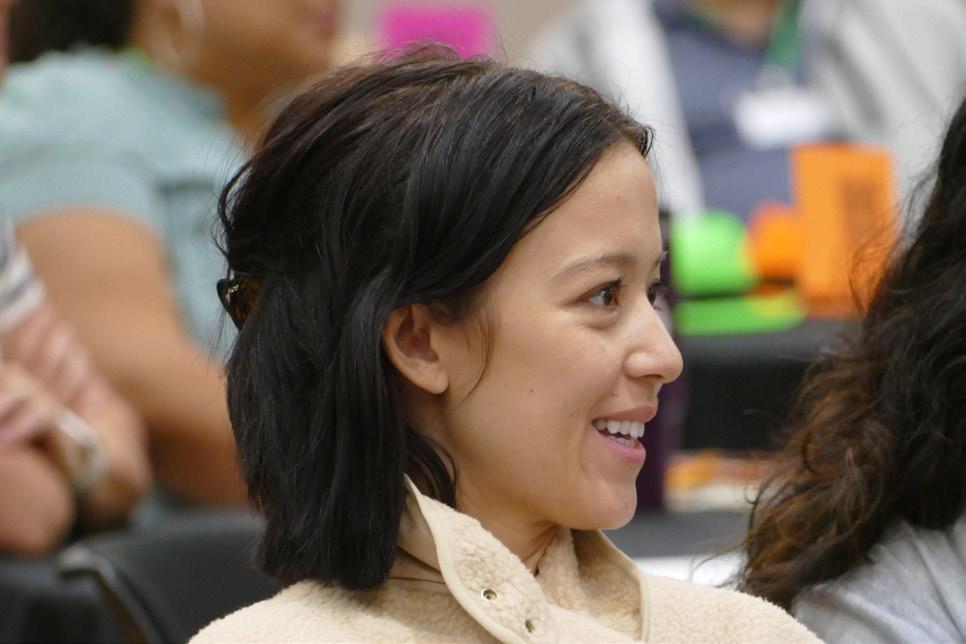
families experiencing homelessness. Mental health experts and ex-pro athletes Charles Clark and Anthony Trucks delivered powerful presentations on thriving and shifting when dealing with adversity. Community agencies, including Housing Forward and the Collin County Homeless Coalition, provided updates on their work in communities to meet the needs of homeless families.
As each convention day commenced, many participants noted that the gathering had reinvigorated their passion for their work. The collective energy and shared commitment to supporting students identified as homeless created an atmosphere of optimism and possibility.
“We look beyond academics to see what we can do to support the whole child. Sometimes, we see students struggling emotionally because their basic needs aren’t met, said Irving ISD MTSS Coordinator Yoely Alfano. “Our kids will never prioritize academics if their basic needs aren’t met.”
For all who attended, the convention was more than just a gathering of educators; it celebrated their unwavering dedication and served as a powerful reminder that “wearing the hat” as a liaison truly makes a difference in students’ lives. As they prepare for another school year, these educators carry with them the inspiration and tools to continue their vital work, ensuring that every student, regardless of their circumstances, has the opportunity to succeed.

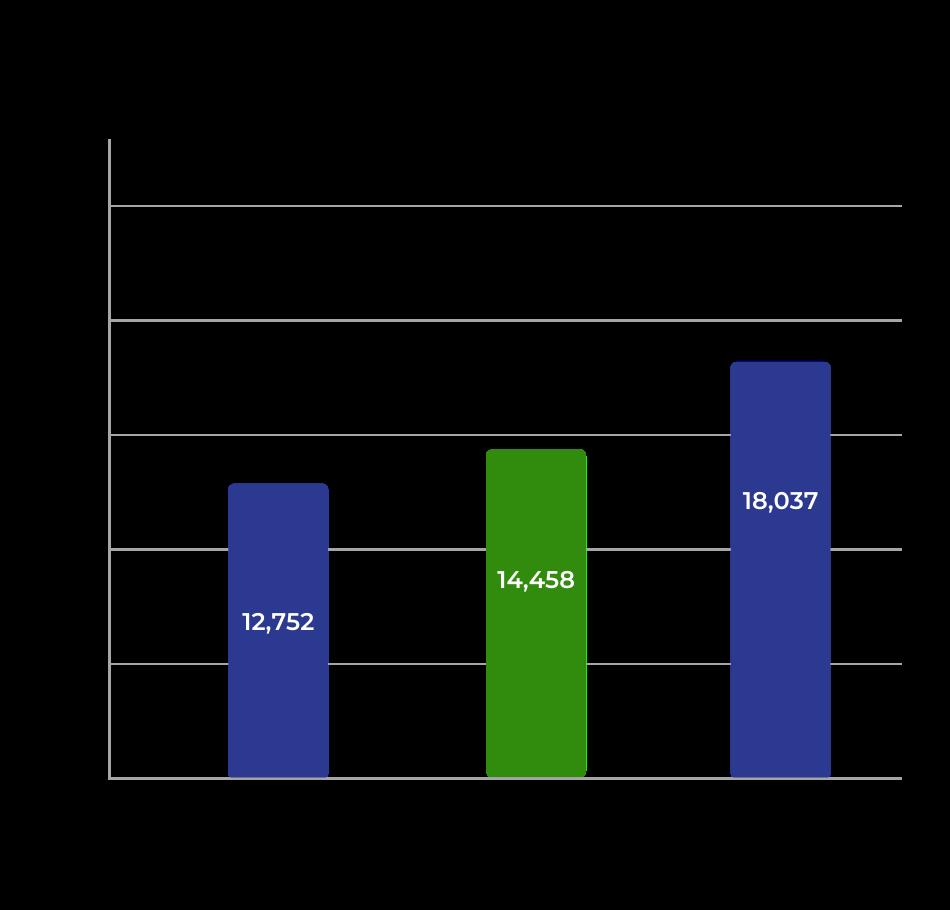
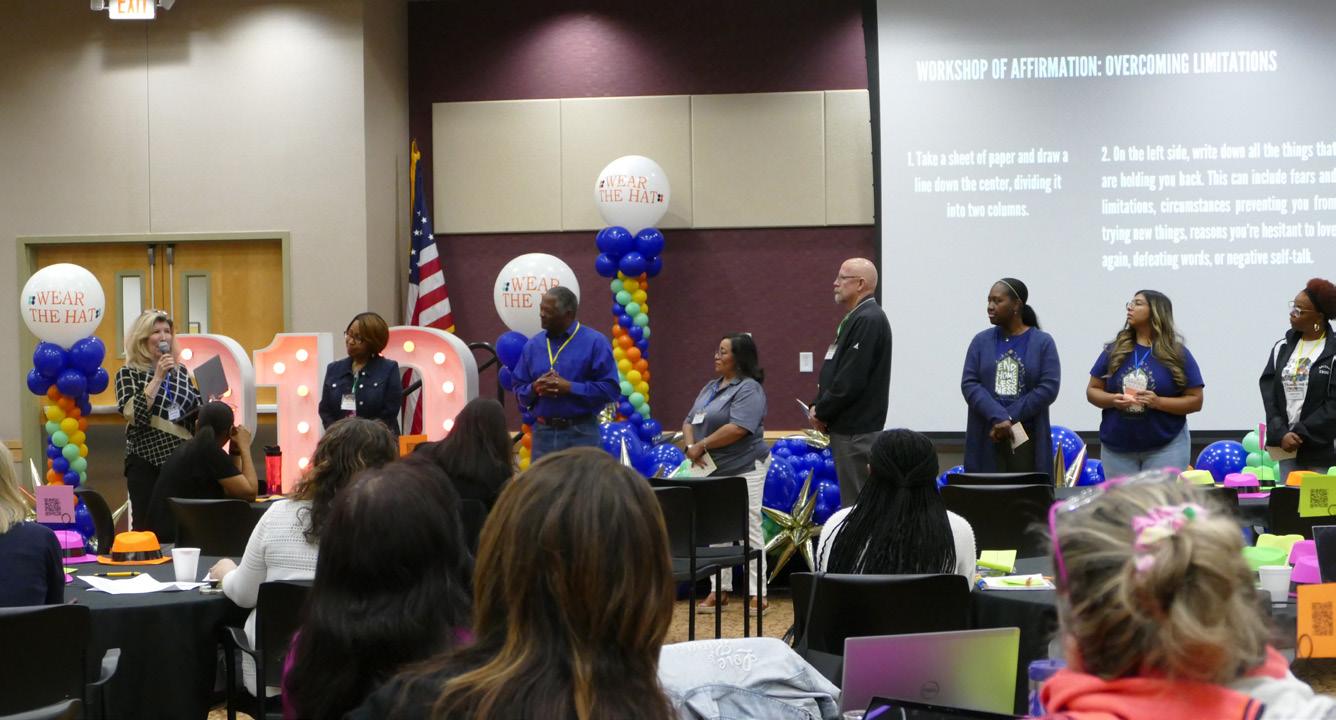
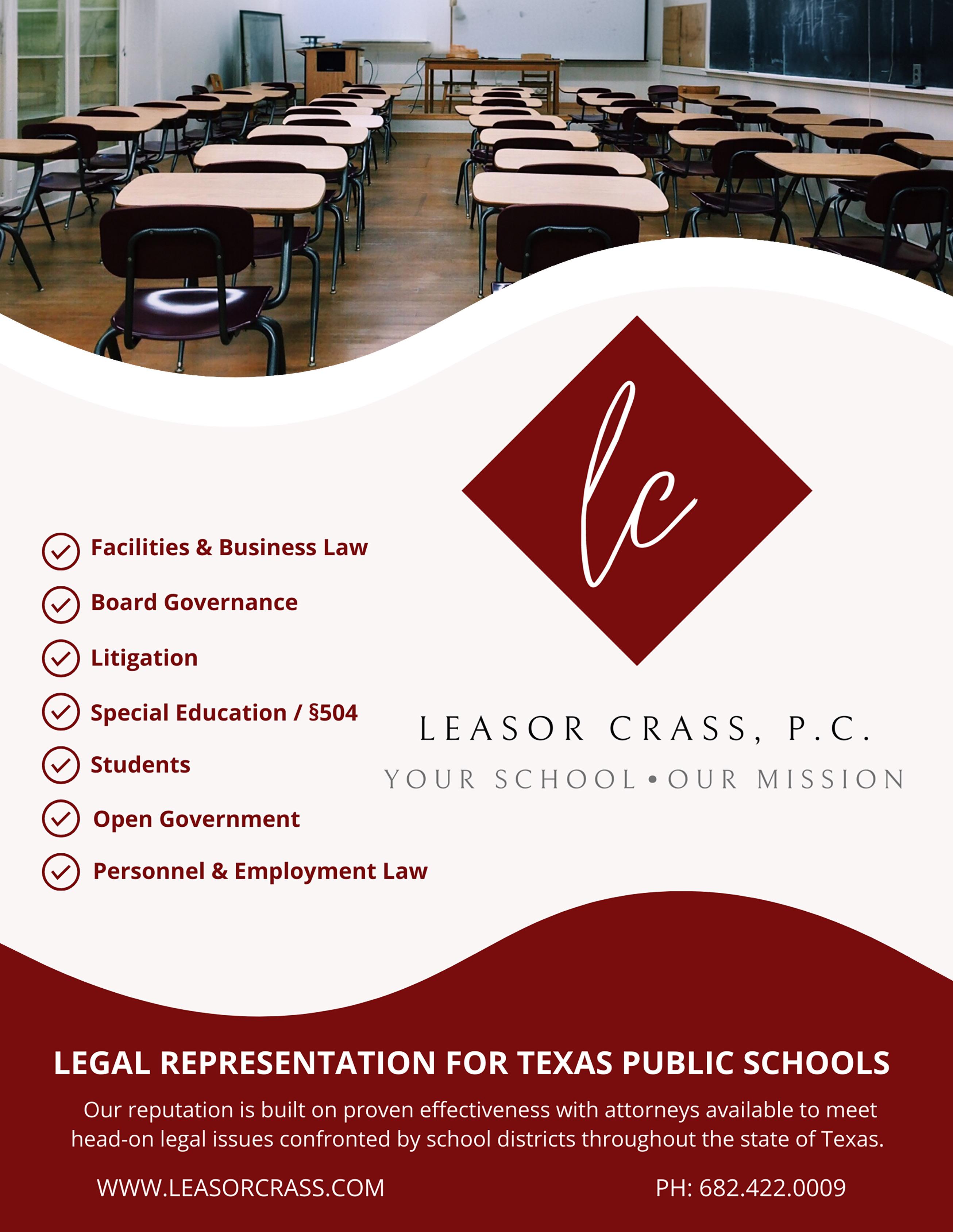
By April Cunningham, Wylie ISD

NEARLY 13 YEARS AGO, Dr. David Vinson stood before a group of Wylie ISD parents and community leaders with an important question: What values should a Wylie ISD graduate embody? As the newly appointed superintendent, Vinson, who had devoted his career to character education, understood that while academics were crucial, the character development of students and staff was equally important. The insights shared that day laid the foundation for what is now known as “The Wylie Way.”
“Schools belong to the community,” Vinson said. “It was important for me and our board to understand what mattered to this community. At the same time, I wanted to be intentional in our approach to enhancing the hope, well-being, and engagement of our students and staff. There was no better way to increase student achievement and highlight what’s right with students than by asking those who know them best — our parents, staff and community.”
From that meeting, the core ethical values of The Wylie Way were
established: Respect and Responsibility, Caring and Giving, Grit and Preparation, and later, Gratitude and Celebration. These values have since become the pillars of the district, forming the foundation of The Wylie Way framework.
The Wylie Way isn’t a program brought into the district; rather, it’s how the district approaches education and teaching the whole person. The framework centers around Martin Seligman’s research on positive psychology, which focuses on understanding and fostering what is right with people.
“Starting where people are already strong and building positive relationships along the way is a cornerstone of the Wylie Way,” said Amanda Martin, Director of The Wylie Way.
Concepts of The Wylie Way also include strengths, happiness, hope, and grit, supported by research from Gallup, the VIA Institute of Character, Shawn Achor, Shane Lopez, Charles Snyder, Angela Duckworth, and more. These concepts meet the positive character traits and personal skills requirements set by the Texas Education Agency.
students as whole people and equipping them with what they need to succeed in life, students will graduate as good people who go on to do good things.
“The Wylie Way is who we are,” Vinson said. “It represents our district’s identity and values. The Wylie Way is ingrained in everything we do, from the way we teach to the way we interact with students, staff and our community.”
“Starting where people are already strong and building positive relationships along the way is a cornerstone of the Wylie Way,”
“Dr. Vinson knew these concepts needed to be presented to the students and staff in an easy, meaningful, and compelling way,” Martin said. “That way, everyone involved would have the best chance at wanting to participate, be engaged, and grow in their learning.”
In simple terms, The Wylie Way teaches students to explore their strengths and interests, map their futures, and develop relational skills. The district believes that by focusing on
~ Amanda Martin Director of The Wylie Way.
To make this happen, the district intentionally makes time for relationships to develop.
“All of this is done with the understanding that positive adult and student relationships must exist for any of the learning to take place,” Vinson said.
Recognizing the constraints on teachers’ schedules, each element of The Wylie Way is carefully planned and scheduled


before the school year begins. Specific days and portions of days throughout the year, on what are called Wylie Way Days, are dedicated to teaching lessons aligned with The Wylie Way framework and core values.
“As educators, we fully recognize and believe in the power of a ‘teachable moment’ in the classroom,” Martin said. These spontaneous instances have an impact on students’ understanding and growth. However, we also believe that character development is too important to rely solely on these moments. We wanted to create a structured, intentional approach to ensure character development is an ongoing and deliberate part of the educational experience.”
These lessons are taught to all enrolled students in grades Pre-K through 12. Visiting an elementary or intermediate campus on a Wylie Way Day is a full-blown experience, with PTA and staff-created decorations adorning the walls and staff dressing up in themed clothing to excite students for the day. Students in grades 3-12 also engage in self-reflection activities during the lessons, such as identifying their support system. They record their answers in their Achievement Profile—a dashboard that tracks hope scores, future goals, and more that parents can view.
“Wylie Way Days are entirely focused on character development,” Martin said. “It’s a time when regular academic schedules are set aside, allowing students to fully immerse themselves in the activities and lessons designed. Many
of these lessons generate natural conversations between teachers and students. Teachers share their own personal experiences, enhancing their connections and trust with students.”
These lessons are crafted months in advance by Wylie Way writing teams comprised of teachers and counselors from the district; the lessons relate to the school year’s theme. Every grade level’s lessons are different, ensuring students experience new material as they progress through school. Any activities requiring extra materials are prepared and packaged at Wylie ISD’s central office and delivered to the campuses. Additionally, professional development is provided at the start of each school year to prepare teachers’ mindsets on the focus for the upcoming year.
“We want to respect our teachers’ time and handle as much of the preparation as possible,” Martin said. “By taking care of the logistical details and providing ready-to-use materials, we allow our teachers to concentrate on what truly matters— engaging with their students and delivering impactful lessons.”
In addition to Wylie Way Days, the district highlights two core values each nine-week period. Events are scheduled to coincide with these values, such as College Week, which is paired with the values of Grit & Preparation, and the annual canned food drive, which is paired with the values of Caring & Giving. Students in grades 5-12 also complete relationship
“All of this is done with the understanding that positive adult and student relationships must exist for any of the learning to take place,”
Dr. David Vinson
Wylie ISD Superintendent
surveys three times a year to ensure each student has at least one positive relationship with an adult on campus. In Wylie ISD, The Wylie Way is integrated into every aspect of what the district does.
But does The Wylie Way actually make a difference? In the relationship surveys given to students, more than 93% of students responded positively. However, to truly understand its impact, it’s best to hear directly from the students and graduates who have experienced it firsthand. Their stories tell how The Wylie Way shapes lives.
In 2022, Vinson and Martin received an unsolicited email from a 2020 Wylie East High School graduate. The subject line read, “Thank you for Wylie Way Days!” Compelled to write after hearing her siblings talk about a recent Wylie Way Day, the graduate shared her appreciation for the lessons and experiences that had left a lasting impression on her.
“Of all the memories from school, the ones that were the most memorable and meaningful in shaping the person I am today and the things I value come from the Wylie Way Days,”
the graduate wrote. “I can’t think of many other school districts that care enough about their students’ well-being to set aside secular education for a couple of days to teach students some of the most important things they can learn.“
She continued, “From Wylie Way Days, I learned what it means to work hard, what my strengths are, the importance of having a support system, and why hope and happiness are so important. There is so much craziness in the world right now, and at the end of the day, all that matters is the relationships we have and the values we live. Of all the things I have learned and will ever learn, those are the most important! Thanks so much for caring about us students and taking the time to teach us what really matters at such a young age!”
These testimonials highlight The Wylie Way’s profound and lasting impact on students’ lives. By prioritizing character education alongside academic excellence, Wylie ISD ensures that its graduates are not only well-prepared for their future careers but are also ready to make positive contributions to society. This holistic approach to education shows the district’s commitment to developing well-rounded individuals who can lead happy and meaningful lives. To learn more about The Wylie Way, visit www.thewylieway.com.
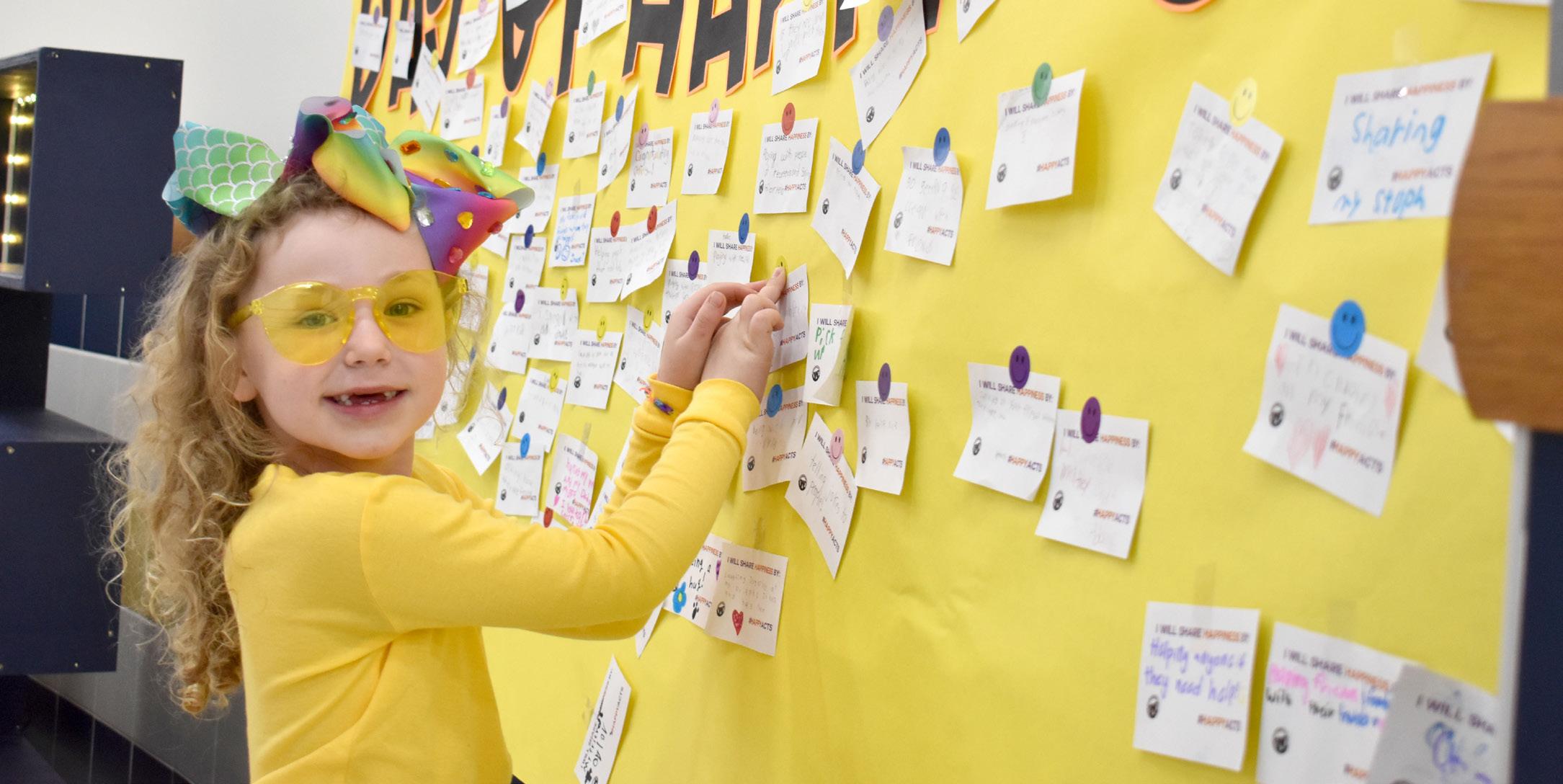


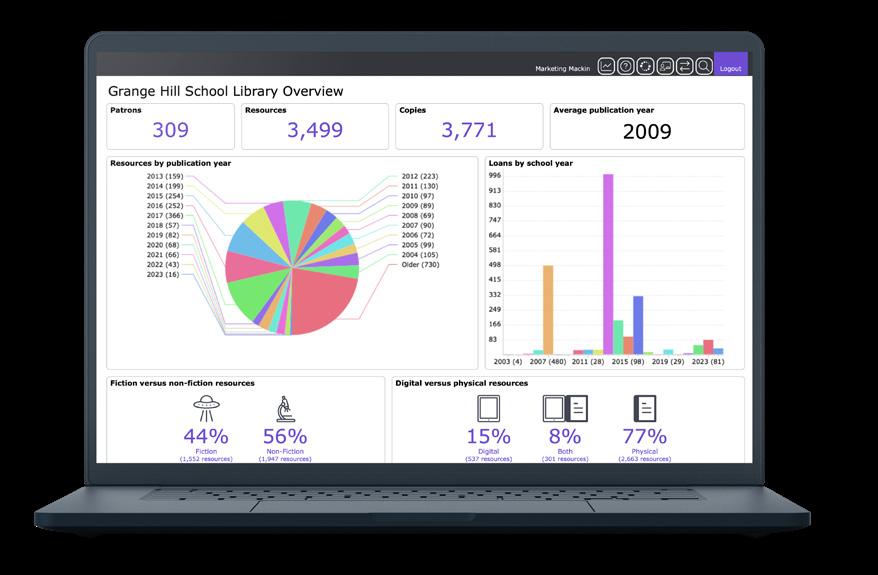


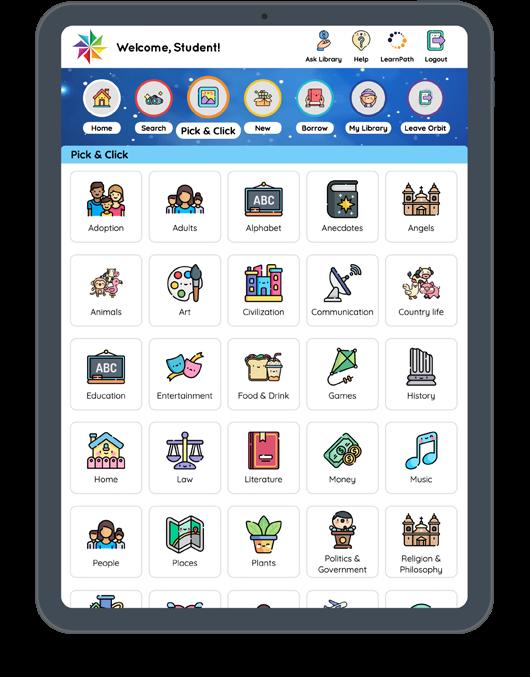

We started 2024 with a new logo, inspired by our new headquarters in the heart of the vibrant Victory Park neighborhood of Dallas!
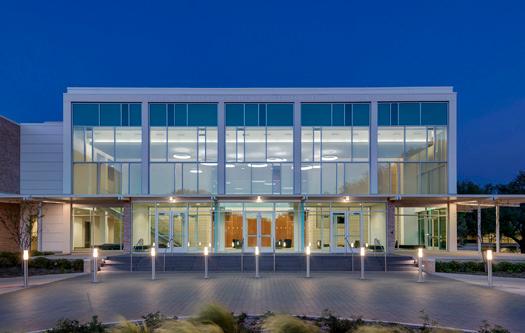
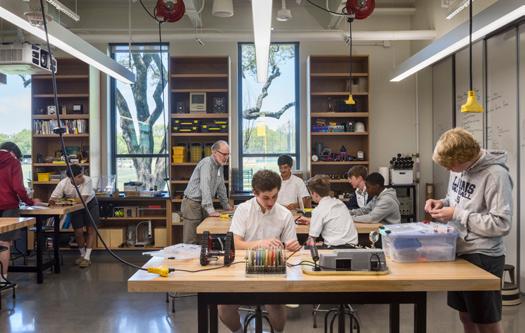
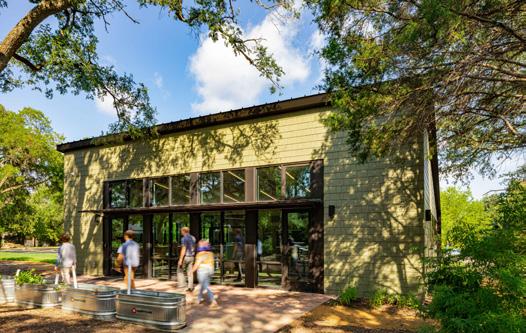
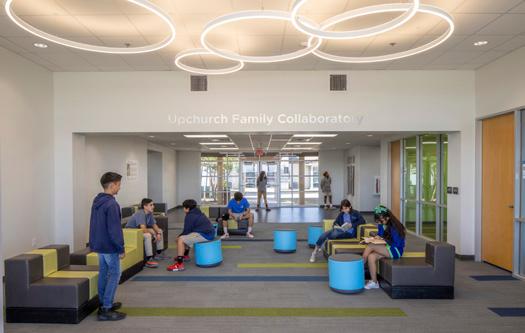
Our education team’s process is strongly rooted in collaboration, committed to asking probing questions and listening. We are proud of our ability to translate each client’s educational vision into built reality, which has forged long-term relationships and led to continuing repeat work with our K-12, college and university clients.
For more information, please contact:
John Shiver AIA NCARB
Director of Education Practice
972 754 7033
john.shiver@gff.com

Jeremy Roehr AIA NCARB
Education Studio Director 314 608 3436
jeremy.roehr@gff.com




By Dr. Kay Shurtleff, Region 10 ESC
WE HAVE ALL HEARD the saying, “Everyone you meet is fighting a battle you know nothing about.” It - or some variation of it - has been attributed to scores of people from Plato to Robin Williams, and the true origin is difficult, if not impossible, to know. Perhaps the reason for the mystery is that it has been true of the human race during every generation. While most of us have come to understand that mental well being is as critical as physical well being, this was not always something we felt free to discuss at home, let alone school.
Fortunately, mental health has become a higher priority and has the attention of not only educators, but also researchers. We looked at current research on the topic of mental health in K-12 schools, and here we provide a small scale literature review of that research. Because the COVID-19 pandemic catapulted mental health concerns to the spotlight, we focus here on the time period after the start of the pandemic.
An overview of the findings of research done in the United States during this time period fell into three broad categories.
In October of 2021, the American Academy of Pediatrics, the Academy of Child and Adolescent Pediatrics, and the Children’s Hospital Association declared children’s mental health a national state of emergency (Rabayda & Hoover, 2023). This has obvious ramifications for schools.
Depression has been steadily increasing among adolescents in America. One study (Askara et al., 2024) looked specifically at birth year cohorts of children to determine whether children born during certain years or bands of time showed higher levels of depression than other years. Researchers determined that the correlation was not at all related to birth year, but that overall rates of depression among adolescents increased every year between 1990 and 2000. Authors of the
study suggested that social media was one reason for the increased levels, but noted a need for research to explore that hypothesis. Children of veterans were found to be particularly at risk for depressive symptoms (Sullivan et al., 2022).
Eating disorders and self harm among school children has also increased exponentially since the beginning of the pandemic (Rabayda & Hoover, 2023). In 2021, hospitalizations of children aged 5-17 that were related to eating disorders increased by 123%. During that same time period, there was a 45% increase in self injurious behaviors and suicide for that same age group.
While most public schools employ counselors and offer some form of mental health services, only one third of schools regularly provide any type of mental health screening for students (Enos, 2022). Since teachers have the most day to day contact with students and have opportunities to observe them, it falls to them to be a first line of defense. However, most teachers do not feel equipped with the knowledge and skills needed to screen, identify, and provide support for the mental health needs of students (Enos, 2022; Rabayda et al., 2023). School nurses do not have the level of daily interaction with students that teachers do, but they have a unique ability to intervene. One study found that while they understand the vital role they can play, they believe that students may not turn to them because they are afraid the nurses will notify their parents or teachers (Kaskoun & McCabe, 2022). During the pandemic, extra funds were available to districts to hire additional staff to support students with mental health (Enos, 2022). Two thirds of schools reported hiring extra staff during the pandemic, and 41% allocated new staff positions post pandemic to address mental health concerns. Unfortunately, many of those positions remain open, as school districts struggle to find qualified candidates.
Although it is a daunting task, schools are positioned to be a place where some mental health problems might be prevented (Sakellari et al., 2021). One study involving preschool-aged and elementary school-aged children found that lessons in episodic future thinking (EFT) were correlated
with students’ sense of well being (Marks, Schneider, & Voigt, 2023). Another proposed a dual factor model of approaching mental health with mental illness as one part of the model and general well being as the other half (Norwich et al., 2022). In this way schools could teach strategies to promote well being to all students and intervene with increasing levels of strategies as needed for students struggling with their mental health.
Interestingly, team sports was shown to be positively associated with mental health in school aged children (Hoffman et al., 2022). In fact, in their study, researchers found that students who participated in individual sports experienced more social and emotional difficulties than students involved in team sports or students not involved in any sports. While requiring team sports is obviously not a feasible solution, there are implications for other team activities (e.g., band, choir, theater) that schools might consider, as well as other ways to make students feel part of a team.
As schools, communities, and other stakeholders look toward solutions, culture and ethnicity should be part of the conversation (DeBoer et al., 2022). Researchers also recommend mental health training for teachers, awareness campaigns for communities, a sharper focus and more education on child nutrition, and policies that include excused absences for mental health reasons (Rabayda & Hoover, 2023; Sakellari et al., 2021).
It is clear that it will take all of us to find a solution, and there is much more research and work to be done. As we work towards that goal, it seems fitting to remember yet another age-old expression: “If you’re not part of the solution, you are part of the problem.”



By Deon
IN EVERY SCHOOL, a dedicated team works tirelessly to ensure students have access to nutritious meals that fuel their day. These unsung heroes are the school nutrition professionals who play a role in shaping the health and wellbeing of students. Their efforts, often behind the scenes, are crucial in creating a supportive environment for learning. In Region 10, a small yet mighty team of nine individuals is responsible for helping school districts manage nutrition programs, such as the National School Lunch Program and the School Breakfast Program, and provide training and resources to child and adult centers throughout the region.
Nutrition Services consultants Nakkiisha Cleveland, Bridgett Tisdale, and Tomekia Holman are at the forefront of the mission to keep school district nutrition programs in compliance. They work with school districts to train directors on federal rules and regulations, covering everything from meal patterns and food production to procurement and USDA food commodities. “We help schools navigate the complexities of child nutrition programs, ensuring every student has access to healthy meals,” explains Cleveland.
The importance of these programs cannot be overstated. “Some of our students rely on school meals as their primary source of nutrition,” notes Holman. “Every meal served is a step towards a brighter future for students.” This reality underscores the critical role that school nutrition
programs play in supporting student health and academic performance.
During school closures due to the COVID-19 pandemic, the value of these programs became even more apparent. Schools adapted quickly, providing curbside meals and ensuring students received nutritious food despite the challenges. “Child nutrition was brought to the forefront during COVID. People realized just how essential these programs are,” reflects Tisdale.
While the pandemic brought forth new challenges, one ongoing challenge school nutrition programs face is the constant change in regulations from the USDA and the Texas Department of Agriculture. Despite these hurdles, the team remains steadfast in its commitment. “The rules are always updating, but our goal is to keep directors and their teams up-to-date and compliant,” says Tisdale. This dedication
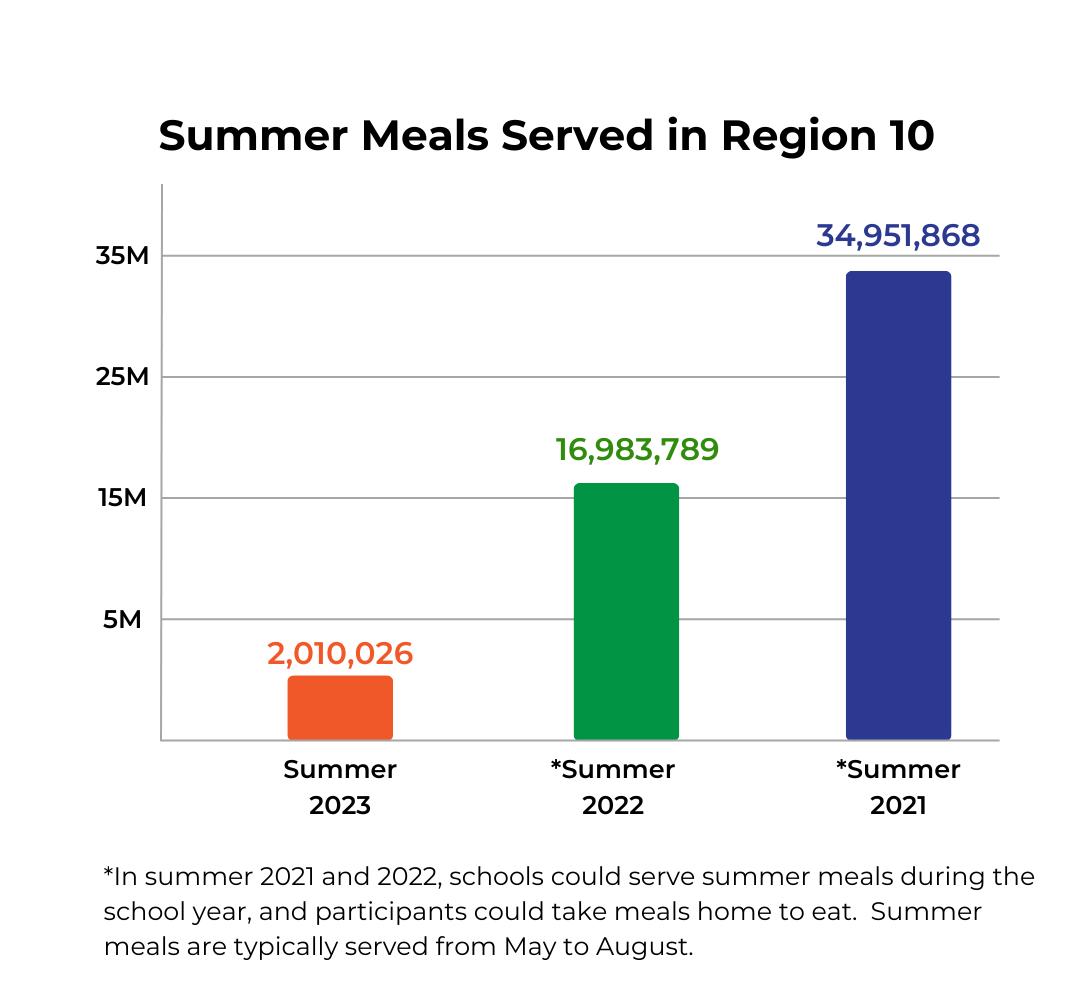
ensures that school nutrition programs run smoothly despite regulatory changes.
The Region 10 Nutrition Services team is not solely focused on providing food services within the school building.
Jennifer DeHoog, Kristina Vasquez, and Diana Tovar are the
nutrition consultants who work tirelessly with the Child and Adult Care Food Program (CACFP) and the Summer Food Service Program (SFSP) to ensure that nutritious meals reach those who need them most. CACFP serves diverse groups, including adult daycare centers, child care centers, daycare homes, and at-risk after-school programs.
“Our programs aim to make sure that participants receive nutritious, balanced meals that they might otherwise miss out
“These programs are a lifeline for many, providing more than just food — they offer hope and health.”
~Diana Tovar
on. It’s not just about feeding people; it’s about providing essential nutrients to support their growth and development.” explains DeHoog.
Programs like CACFP and SFSP are vital in supporting lowincome areas and are designed to address nutritional gaps. These initiatives provide well-balanced meals to children in after-school programs and other care settings.
“We provide technical assistance to ensure these programs comply with regulations and operate successfully. It’s rewarding to see the direct impact of our work on the community’s health and well-being,” says Vasquez.
A key objective of Region 10’s Nutrition Services is to ensure that participants receive nutritious meals that meet federal guidelines. When working with different agencies, the team emphasizes the importance of serving nutritious food, not junk food, and offers guidance on meal planning and variety.
“Our meals are based on the dietary guidelines for Americans, including components like milk, fruit, vegetables, grains, and protein,” DeHoog explains. “We focus on providing balanced nutrition, which can help prevent obesity and related diseases.”
With many communities throughout the region facing food insecurities, many participants would not receive nutritious meals without initiatives like CACFP and SFSP. The programs provide essential nutrition and support other aspects of participants’ growth and well-being.
“It’s fulfilling to support these programs and help communities,” says Tovar. “These programs are a lifeline for many, providing more than just food—they offer hope and health.”

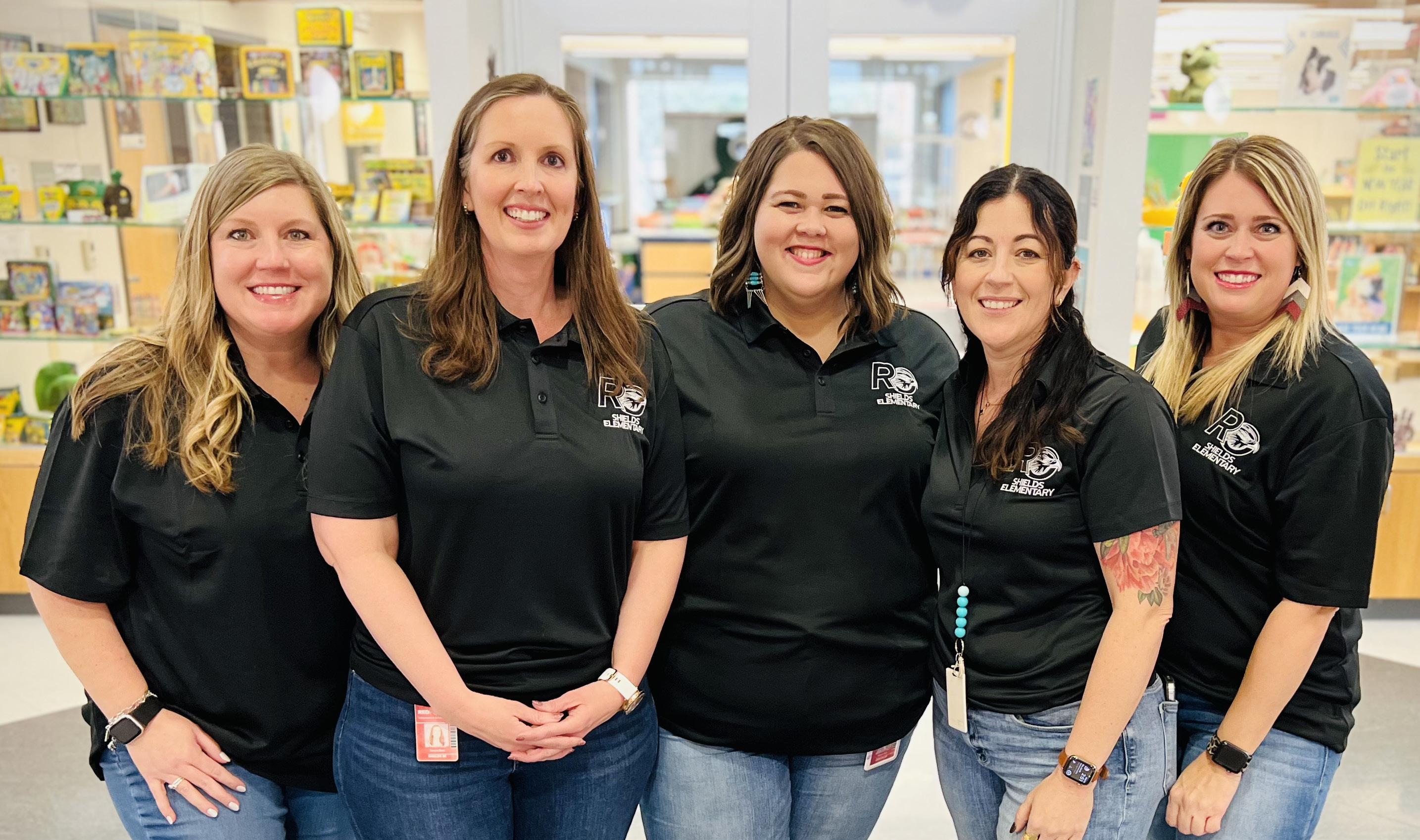

Summer school is in full swing at Donald T. Shields Elementary School in Red Oak ISD and the warmth that permeates from the campus can be attributed to two things - the undeniable Texas summer heat, and the positivity that Principal Allyson Bell brings to her campus every day.
Principal Bell has served the students of Shields Elementary for the past four years. She is a native of Mesquite, TX and the product of Mesquite ISD, where she also began her illustrious career before relocating to Red Oak, TX almost seven years ago
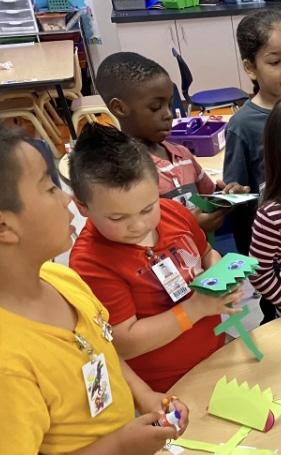
prior to becoming a principal at Shields.
Principal Bell found the decision to move from Mesquite to Red Oak challenging. “In Mesquite, the district was small enough to foster a strong sense of community, something I appreciate,” Bell shared. However, Red Oak, though smaller, also felt comfortable and familiar to her family.
Education runs deep in the Bell family. Principal Bell wanted to be an educator for as long as she can remember. She would play
school as a little girl mimicking her surroundings of an extended family brimming with educators. Her late grandmother, Muriel Ferguson Hood, and great-aunt, Charlotte Hood Tharp, significantly influenced her passion for education.
The educational legacy continues with Allyson’s husband, Bryan Bell. He teaches outdoor education at a nearby junior high school and serves as the school’s archery coach. Mr. Bell’s expertise extends beyond the classroom - he’s certified to teach hunting, boating, and angler education.
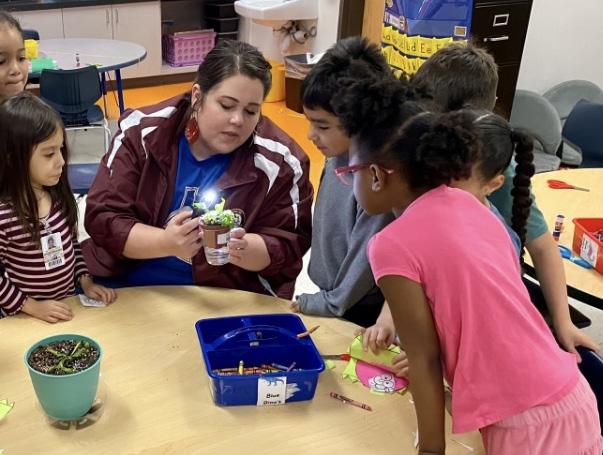
Interestingly, it wasn’t Bryan’s prowess as an archer or his outstanding survival skills that first caught the eye of his now wife. Their love story dates back all the way to Ms. Dale’s first grade class when Bryan broke his arm and his classmate, Allyson, was there to comfort him and help with his classwork. Years later, they would go on to co-teach at the same school.
Region 10’s Jaclyn Byrom and Dede Munkres have worked closely with Bell, implementing Texas Instructional Leadership (TIL) across Red Oak ISD. They describe Bell as authentic, intentional, and engaging, noting how she empowers teachers. This leadership style contributes to Shields Elementary having the
district’s highest teacher retention rate. Bell attributes her resilience to her parents, Alan and Marsha Baker, who overcame challenges as young parents. “I know they had struggles…They beat the odds,” Bell shared.
Shields and its school community are also a symbol of resilience as they endured a devastating tornado in 2015. This, compounded by the COVID-19 pandemic and the set of problems that came with it, proved detrimental to student learning. Bell stepped into the role of principal in the fall of 2020, amid the pandemic. When she assumed leadership, the school had received a 78 overall score, or a “C” as determined by the Texas Education Agency’s accountability system. By 2022, the school made remarkable progress and received an “A” in school progress and a “B” in closing the gaps, culminating in an overall score of 88 or a “B” rating.
Bell credits her teachers and says they have simply adopted proven methods and contextualized them to meet their needs. For example, they have borrowed from highly engaging methods such as those developed by Ron Clark of the famed Ron Clark Academy. Shields has a House System, based on the academy, that has helped build a sense of community within the school. Students can earn a customized leadership jacket by demonstrating exemplary behavior or achieving academic excellence. These jackets have become coveted symbols of achievement, motivating students to strive for success as they wear them with pride throughout the school.
However, it is not only the climate and culture of the campus that Bell has positively impacted. She also reformed the school’s Professional Learning Community (PLC) process. Her changes perfectly aligned to
TIL practices when Region 10 first partnered with Shields Elementary. They would take it a step further by not only making changes to meet the campus needs, but also adding a touch of fun to the process, with ideas like a Britney Spears inspired PLC being just one of many creative approaches. According to Bell, the key to her success has been a fun and positive culture coupled with accountability and high expectations. Bell pointed out that the two seemingly opposite areas are not mutually exclusive, and that the preponderance of evidence is on her side. In fact, the two areas may be interconnected.
“Joy on the job comes from doing purpose-driven work with a trusted team,” Dr. Paul J. Zak concluded in a Harvard Business Review article about his work studying the neuroscience of trust and its impact on organizational cohesiveness and success.
Tiffany Munoz, ELAR instructional coach and a 15-year veteran at Shields Elementary would agree, “Bell is very go with the flow yet focused and driven,” she sai,d when asked what qualities made Allyson Bell an outstanding leader. “One of the greatest lessons I have learned from Bell’s leadership is that building deep relationships with our staff and being open creates a culture of family and success.”
Bell’s journey, marked by personal and professional challenges, underscores her unwavering commitment to her school community, rooted in empathy, strength, and optimism. Just as Bell was inspired by the educators who preceded her, she is paving the way for the next generation of outstanding leaders.
By Max Smith, Region 10 ESC

“MOCK TRIAL is a very collaborative competition, it’s almost like sports,” explained Sharon Oh, a senior on the team who has participated as an attorney over the past four years. “The attorneys make the questions, and the witnesses make the answers. So it’s the same responsibility for a witness and the attorney to know the facts of the case forwards and backwards.”
By serving either as an attorney or as a witness, participating in mock trials has given each student an opportunity to experience something different.
“I got here my junior year and I was looking for something to keep me busy after school,” shared Angelica Mock, a senior who has been on the team for two years as a witness. “I was hooked instantly. I really liked it because I felt like it gave me a chance to perform and understand something that’s much bigger than myself, because law is a really challenging subject.”
Through exposure to different circumstances and obstacles while presenting their arguments, the experience has taught these students how to quickly think and articulate their points.
“There was this one time where the judge was not understanding an impeachment I did,” recalled Sungmin Hong, a freshman attorney on the team. “There was a lot of back and forth between me and the other opposing attorney. I think the key for me was being confident, and that helped convince the judge that I was right and that he should rule in my favor.”
Brian Sheguit, Creekview’s CTE Law and Public Service teacher who oversees the team, emphasizes being able to navigate these challenges with confidence and composure.
“We have a motto: ‘never let them see you sweat the courtroom’,” shared Sheguit. “And that’s what I always tell
An uncertified submersible trip gone wrong claims the life of billionaire Nano D’Sign, who leaves behind a holographic will. In a dramatic twist, there is a dispute over both the will’s legitimacy, and who the beneficiary is. The dispute heads to civil court, where the Aquatic Center for Exploration alleges they are the intended beneficiary of the will. Meanwhile, Alex Churn Eubanks alleges Nano was not in the right state of mind when he signed the will, and that even if the will is valid, that they are the intended beneficiary of Nano’s estate.
them. In every trial something will happen that you’re not expecting; you can’t let it completely throw you off.”
The Texas competition is one of several they participate in throughout the year, spending July through March preparing for competitions. They use each experience to uncover the team’s strengths and determine roles each member is best suited for during competitions.
“They travel all over the nation together. We usually start our competition year at Yale’s invitational tournament. They finished seventh in the nation there and then came back here to prepare for this year’s state competition,” recalled Sheguit.
“During preparation, we also go to Baylor Law School and challenge teams from Austin, while also traveling across Dallas-Fort Worth for scrimmages throughout the year. They even traveled to Lubbock for another related invitational tournament.”
Extensive travel time has strengthened team bonds, fostering collaboration during preparation.
“I’ve been on a lot of teams in my life, and I’ve never been as close to a group of people than I’ve been with them,” shared Suzane Batada, a junior who has mostly participated as a witness on the team for the past two years. “I think the best thing about our team is the extremely close bond that we have.”
While the cases may be hypothetical, participating in mock trial has given these students tangible skills and abilities they can use beyond the courtroom.
“In situations where I have to advocate for myself, like to a teacher or a boss, I am able to stay calm and explain, ‘Hey, this is my side of the story, and here is what happened,’” shared Kelsea Hayes, a Junior who is in her third year of
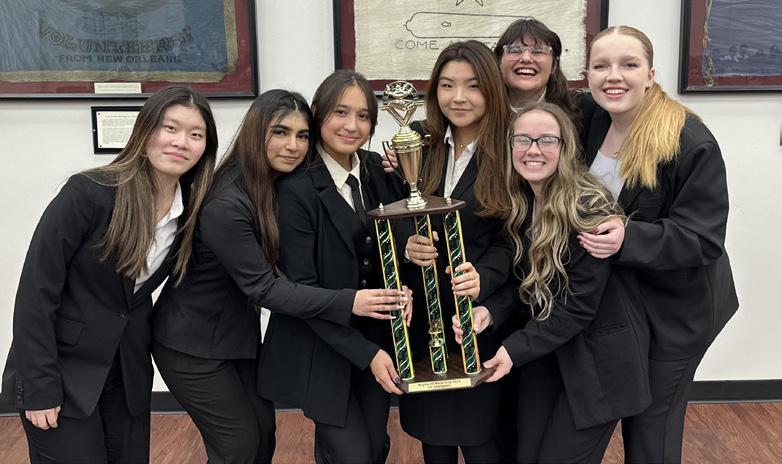
participating. “I’ve definitely learned how to speak up for myself.”
For Sheguit, their ability to quickly think and analyze is the greatest benefit of his students’ involvement in mock trial.
“You have to learn how to think on your feet, how to analyze a situation in real time and respond to it,” shared Sheguit. “That ability to go, ‘I can just stand here and analyze what’s going on and respond to it and respond to it in an intelligent, effective way’ is invaluable regardless of what you do.”
Several on the team plan to continue their

mock trial experience when they go to college, as they believe the experience helped set them apart on paper in college applications and in-person during admission interviews.
“I’m trying to go to the State Department and I plan to do mock trial throughout my college years,” shared Sophina Boychenko, a Senior on the team. “I think mock trial actually helped me get into my college of choice.”
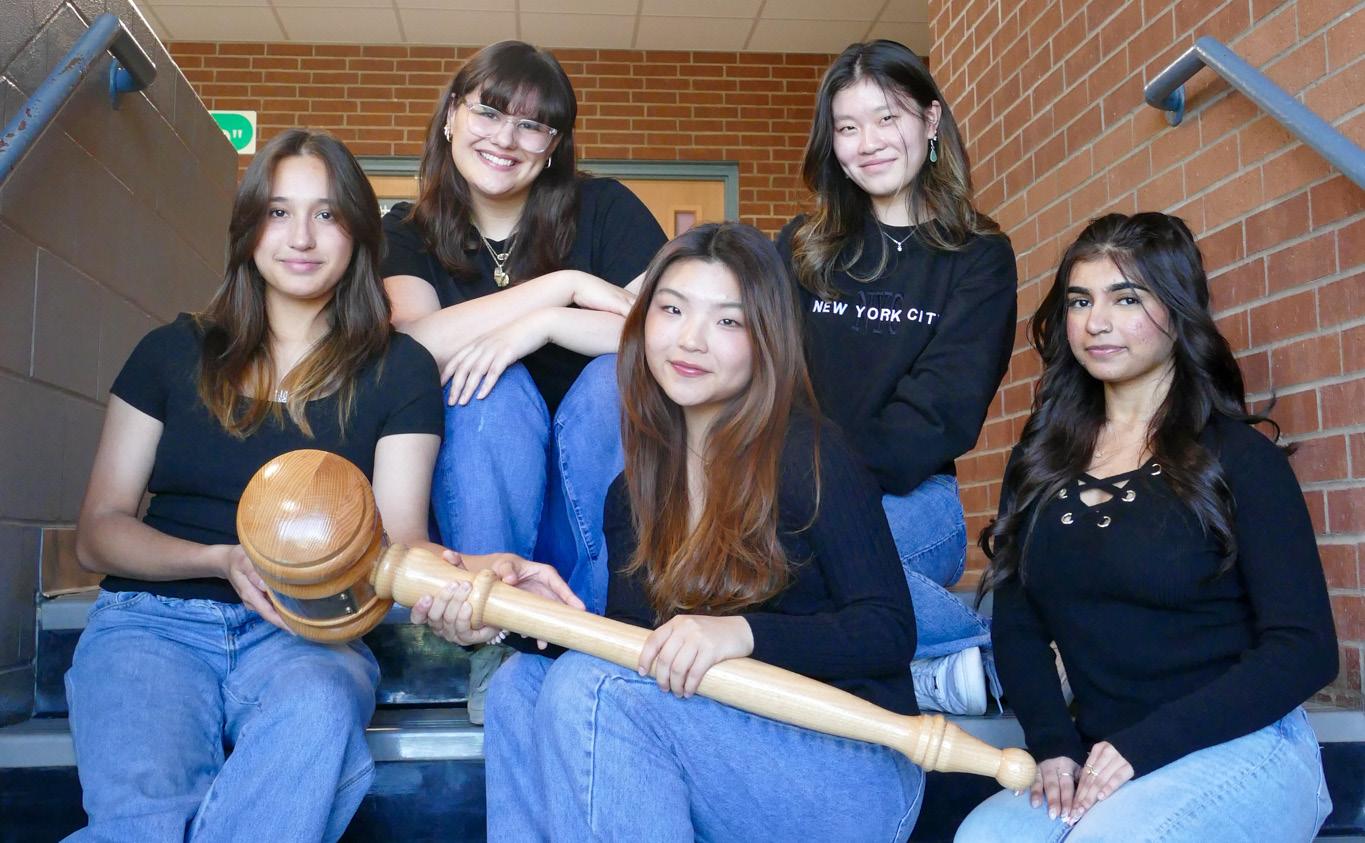


By Dr. Kay Shurtleff, Region 10 ESC

HOUSE BILL 3, PASSED IN 2019, requires that all K-3 teachers and principals complete the Reading Academy, a multi-day professional learning opportunity based on the Science of Teaching Reading. In previous years, teachers had the option of taking portions of the training online. Beginning with the 2023-24 school year, however, the Texas Education Agency required the complete face-toface version, known as the Comprehensive training, except under extenuating circumstances. Beyond the training hours, teachers are required to demonstrate their knowledge and level of implementation by submitting artifacts to a centralized location to be assessed by graders hired and trained by the Texas Education Agency.
Jessica Ackerman, one of the Region 10 Cohort Leaders, described the experience in this way:
Combining in-person sessions in which participants get an opportunity to collaborate with one another through deep discussions and hands-on learning opportunities with four classroom observations and coaching debrief sessions gives
participants a chance to be most successful with learning more about the Science of Teaching Reading and applying Reading Academies content.
In May of 2024, we asked teachers who were completing their training in Region 10 to reflect on their experiences with the Reading Academy and how, if at all, it has influenced their teaching. Our aim was to use this short investigation as a starting point for a future, more thorough study. Although administrator support and participation is vital to the success of any initiative, our focus here is the teachers’ experience. We conducted interviews with 10 teachers from six different districts and analyzed and synthesized their responses. What follows is a summary of the five key findings.
1. The Reading Academy helped teachers elevate literacy practices into their existing instructional practices.
This sentiment was expressed most frequently by teachers with a math or science
background. They stated that while they had always thought of literacy as foundational to what they were teaching, they had not always had concrete strategies to use in putting that knowledge into practice. One experienced science teacher said this:
It’s made me realize I have more of an opportunity to reinforce literacy. We can kind of disguise it, and they don’t think of it as a writing assignment. They just think of it as a science thing and not a writing thing.
A veteran math teacher described how the Reading Academy had made her think differently about the vocabulary she uses in her classroom and how many of the words she asks her students to learn are multiple meaning words. She made this statement:
[The Reading Academy] absolutely changed my approach. Words in math mean something different than when we talk about anything else. We talk about product. We talk about sum. Even though it’s spelled different it sounds the same. I really expanded my word wall.
2. For language arts teachers in particular, the Reading Academy reaffirmed and encouraged them in some of the practices they were already implementing.
This observation was made by both veteran and early career teachers who were teaching reading or language arts. A 23year veteran teacher expressed it in this way:
Instead of just thinking this was best practices, it was confirming ... And so I liked knowing that wasn’t just what I kind of knew to be true based on experience in the classroom, but that there was something behind it. It was researched.
Similarly, a 16-year veteran teacher said this:
There were a lot of things I was already doing. So there hasn’t been a ton of new things, but there are a lot of things that I can refine. And then the affirmation!
One of the early career teachers we talked to emphasized the tremendous learning curve that all new teachers experience. While she acknowledged that the Reading Academy was “an enormous amount of information for a brand new teacher,” she stated also that she appreciated “just having the time for someone to come and watch and
model” was helpful and “very supportive.” She mentioned specific feedback she had received from her Cohort Leader and described all of her interactions as “reassuring.”
3. Teachers preferred the “Comprehensive” Reading Academy structure to an online or blended format.
As stated earlier, prior to the 2023-2024 school year, teachers had the option of taking the Reading Academy online. Teachers in Region 10 had the option of a Blended Plus format which included the state’s online course with additional face to face support from Region 10 Cohort Leaders. Since teachers in our pilot study had all taken the Comprehensive model, we did not interview teachers who participated in either of the other two formats. Teachers in our study, however, were forthcoming with their comments about what their peers experienced and about the conversations they have had with their peers regarding the difference in structure.
The following comment from one teacher is representative of many of the comments we heard:
I was very stressed and worried because I had heard these terrible things. But they [colleagues who took the Blended version] were working through it on their own and home and it was a grind. I was happy to have done it in this format versus the way it’s been done before.
Several teachers specifically mentioned the value they found in participating with teachers from other campuses and districts. They appreciated both the opportunity to build a professional network, as well as the time to collaborate and hear fresh perspectives and ideas.
And many teachers conveyed their appreciation for their cohort leaders and the time they had spent in their classrooms:
It’s not like being evaluated. It was really helpful for her to come in and give some very constructive good usable feedback because that’s what I was missing in my internship.
–First year teacher
She would help me outside of Reading Academy time - like work smarter, not harder, and use one resource to teach grammar, reading, comprehension, and spelling. Like instead of using three or four different stories or resources.
–Early career teacher
We can talk about all these things, up and down, by all these broad concepts. But unless we’re given a vision of how that might work. Like how to apply. I think we need a lot of application just like any student would.
–Veteran teacher

4. The Reading Academy helped teachers better plan with their grade level teams.
Teachers spoke about the connections they saw between teaching literacy and teaching math, science, social studies, or any other subject. A second grade math teacher stated it this way:
I have had to take the approach of how does this apply to my field. It’s really a reinforcement of, hey, this is good teaching. And this is what all teachers should be doing.
Comments from other teachers included these:
There is a lot of value to being at them [planning meetings] and really analyzing the way we divide up our instructional time.
I think my biggest barrier is the subject level that I’m in, and trying to make sure that I’m aligned with the reading teacher and my team. So I think that’ll be something I’m going to work towards next year.
This is something I’ll share with whoever I’m paired with [next year]. And [I will] ask my reading teacher to see, how can we collaborate more to get more fluidity between the subjects?
5. Teachers offered suggestions for improvement.
When asked for ways to improve the Reading Academy experience, teachers most often talked about the timing of taking it for optimal benefit to the teacher. Generally, they agreed that the least helpful time to take it would be during the first year of teaching. One first year teacher told us, “Being new to education, there’s just a lot to learn, and adding this on top of it is hard!”
Several teachers agreed that it would be most beneficial for preservice teachers or those who have taught for one or two years.
Region 10 Cohort Leader Graciela Ochoa works worked with preservice teachers through Texas A&M Commerce this year. She had this to say about that experience:
These students were eager to learn and passionate about their work. It was exciting to see theory implemented into action.
A second topic that surfaced was the difficulty some teachers experienced in aligning the learning from the Reading Academy with their district’s curriculum. One teacher said, “There’s a tendency to cut off good practices because you feel like you don’t have time for them if you follow the curriculum.”
Teachers also expressed their wish for a “refresher” course after a year or two. One teacher suggested that it should be patterned after her bus driver training where there is a requirement to attend a review course every three years.
As is the case with most initiatives, the Reading Academy requirements drew opposition and complaints. As we enter year five and the metaphorical dust begins to settle, we hope to take a broader look at the effects of the Reading Academy on instruction and student learning and include past participants and students in our investigation.
As we look toward the future of literacy education, Region 10 Cohort Leader Dr. Sherry Wells gives us this advice:
My experience has been nothing short of walking into negative feelings and ending on a note of gratitude. There are so many opinions surrounding the Reading Academy but until you have gone through the program you don’t completely understand the benefits of how the content will impact the literacy learning for students and teachers.








Take a free field trip to the J. Erik Jonsson Central Library to visit the Discovery Wall, a real-time virtual experience. Interact with museums, zoos and other attractions from around the world. Plus, tour all 8 floors of the library!

Take a free field trip to the J. Erik Jonsson Central Library to visit the Discovery Wall, a real-time virtual experience. Interact with museums, zoos and other attractions from around the world. Plus, tour all 8 floors of the library!
Bus scholarships are available. Schedule your trip at dallaslibrary.org/kids
Bus scholarships are available. Schedule your trip at dallaslibrary.org/kids
The Discovery Wall is sponsored by Atmos Energy.
The Discovery Wall is sponsored by Atmos Energy.


